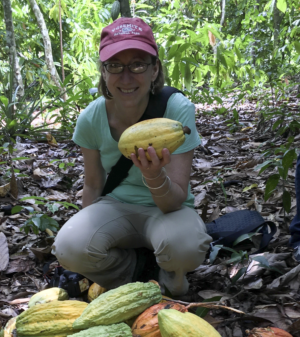
I’m a contributor to Environmental Health News, Civil Eats and Greenbiz. My articles have appeared in Scientific American, Smithsonian Magazine, The Boston Globe, Salon, Vox Eater, NextCity, and more.
Visit https://muckrack.com/megwilcox for a timely chronicle of my stories. Updates to this website may be delayed.
To see articles listed by publication, or subject area please use the search function.
 | Ramped-up US construction exposes workers to an unregulated toxic August 3, 2023 —The Infrastructure Investment and Jobs Act means vital upgrades for our nation — but workers using epoxy resins face risky exposures to the chemical BADGE, which has no safety standards. Read more at Environmental Health News. |
 | Regulating chemicals by class: A task of surgical precision January 9, 2024 —How do we get rid of regrettable substitutions? Depends on who you ask. Part of an ongoing series on BPA's "evil cousin." Read more at EHN |
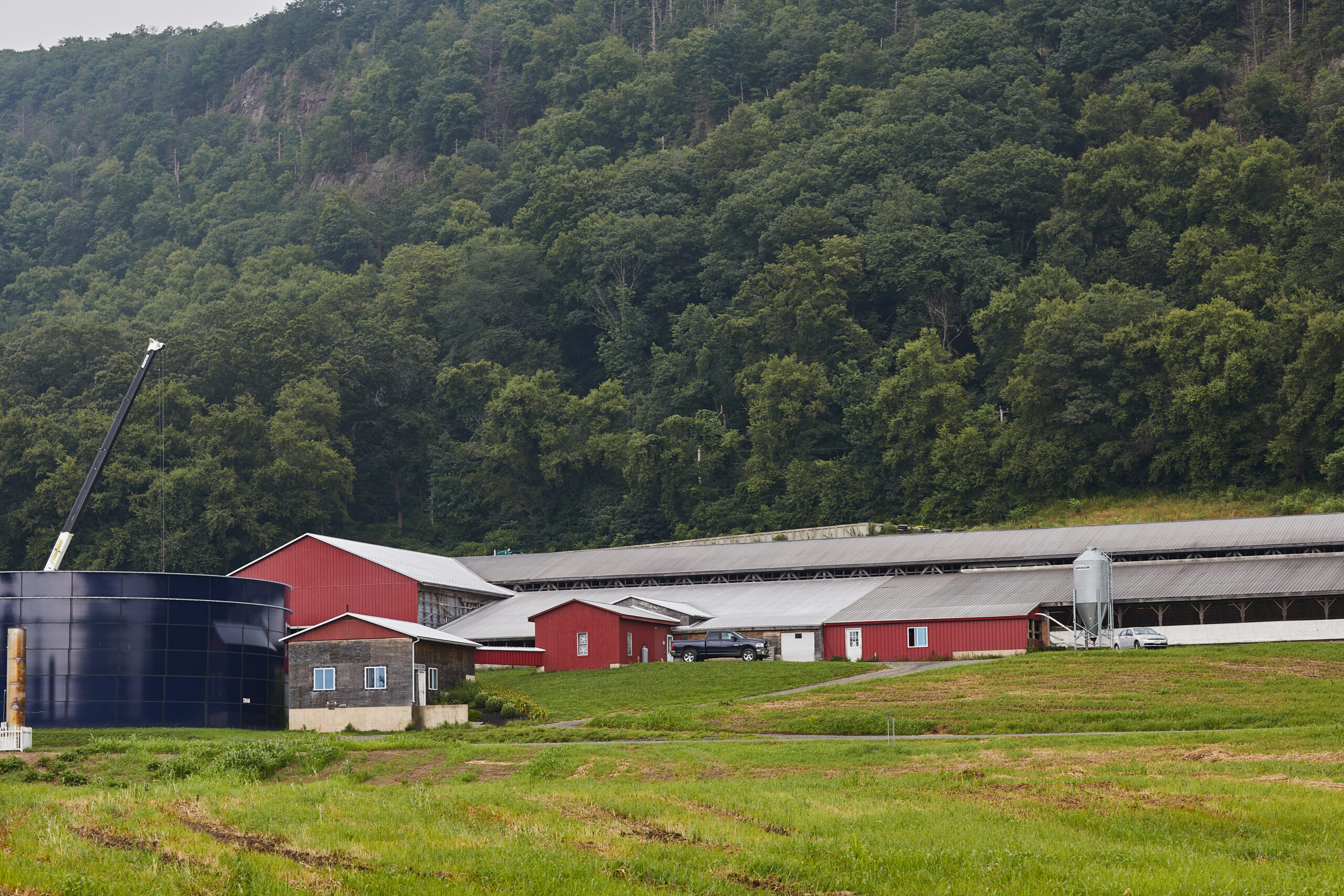 | These Manure Digesters Incorporate Food Scraps. Does That Make Them Better? August 28, 2023 —The technology allows small and mid-sized dairy operations to lower their carbon footprints, earn extra money, and create organic fertilizers for farm use, though many worry about the PFAS contamination in food waste. Read more at Civil Eats |
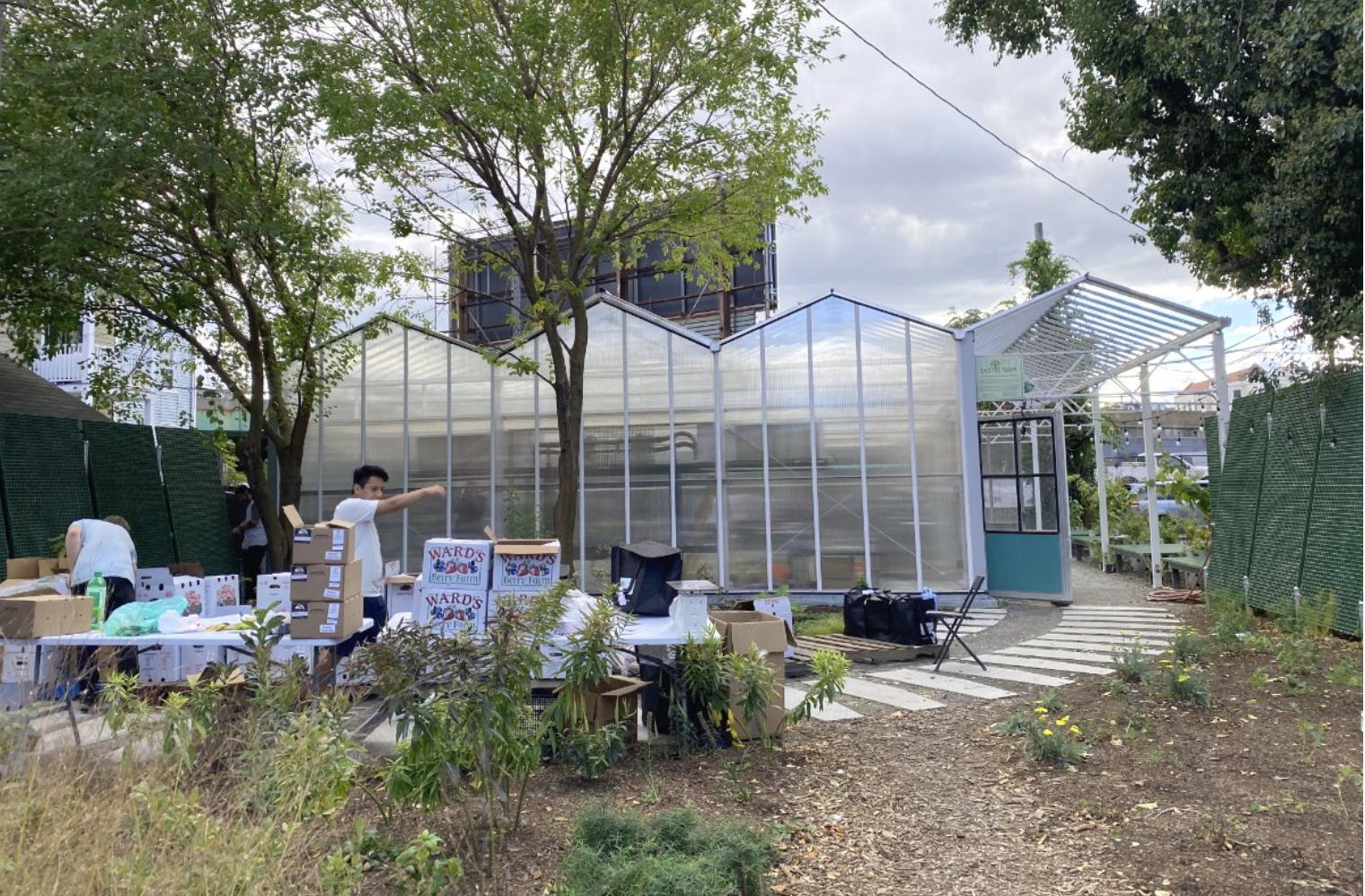 | Year-Round Farming in Massachusetts? How the State Is Investing in Solutions. Oct 31, 2022—The state has funded 487 projects, including geothermal-powered greenhouses and electric tractors, to strengthen its food system and make local production more efficient. Read more at Civil Eats |
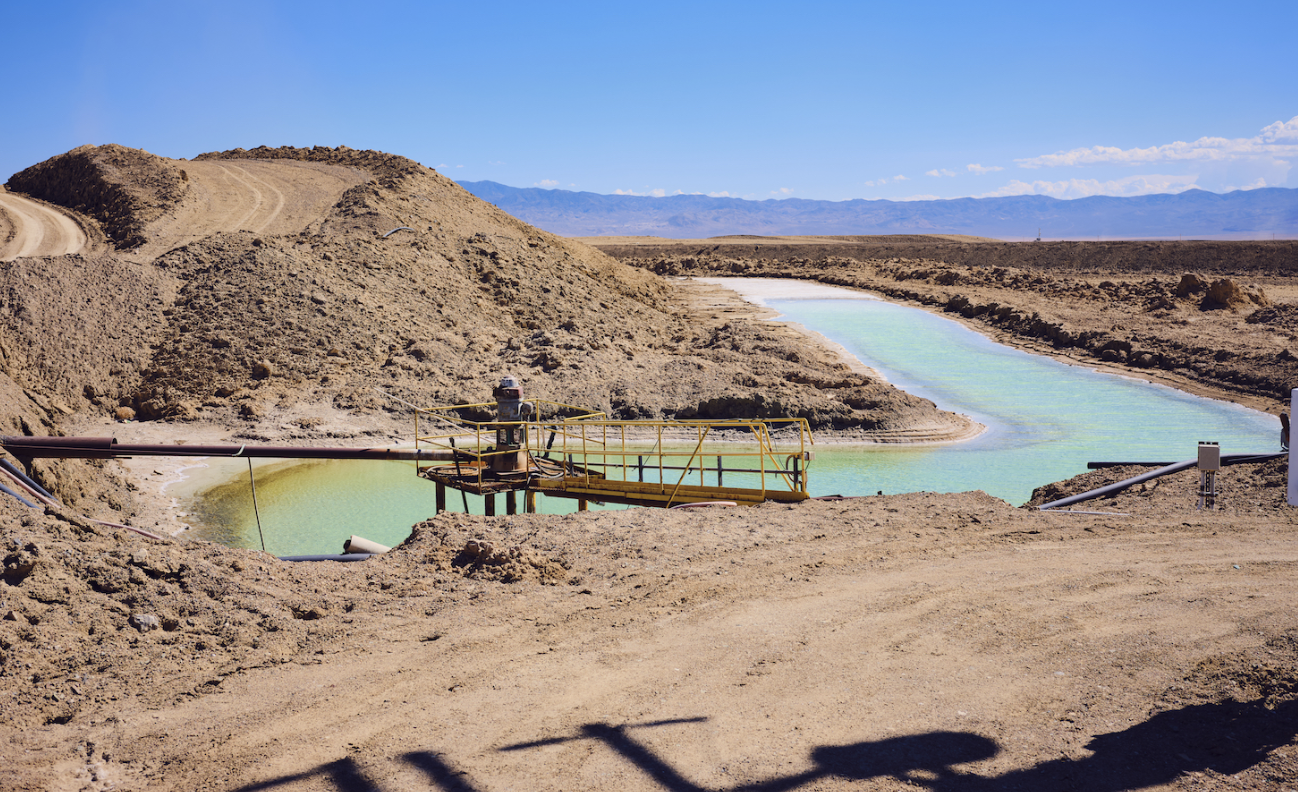 | Can closed loop battery recycling and geothermal lithium help solve the supply crunch? June 28, 2022—Analysts warn that a lithium supply chain crunch could come as soon as 2023 — and put a potential damper on U.S. vehicle electrification goals. Battery recycling and geothermal sources of lithium offer a medium-term solution. Read more at GreenBiz |
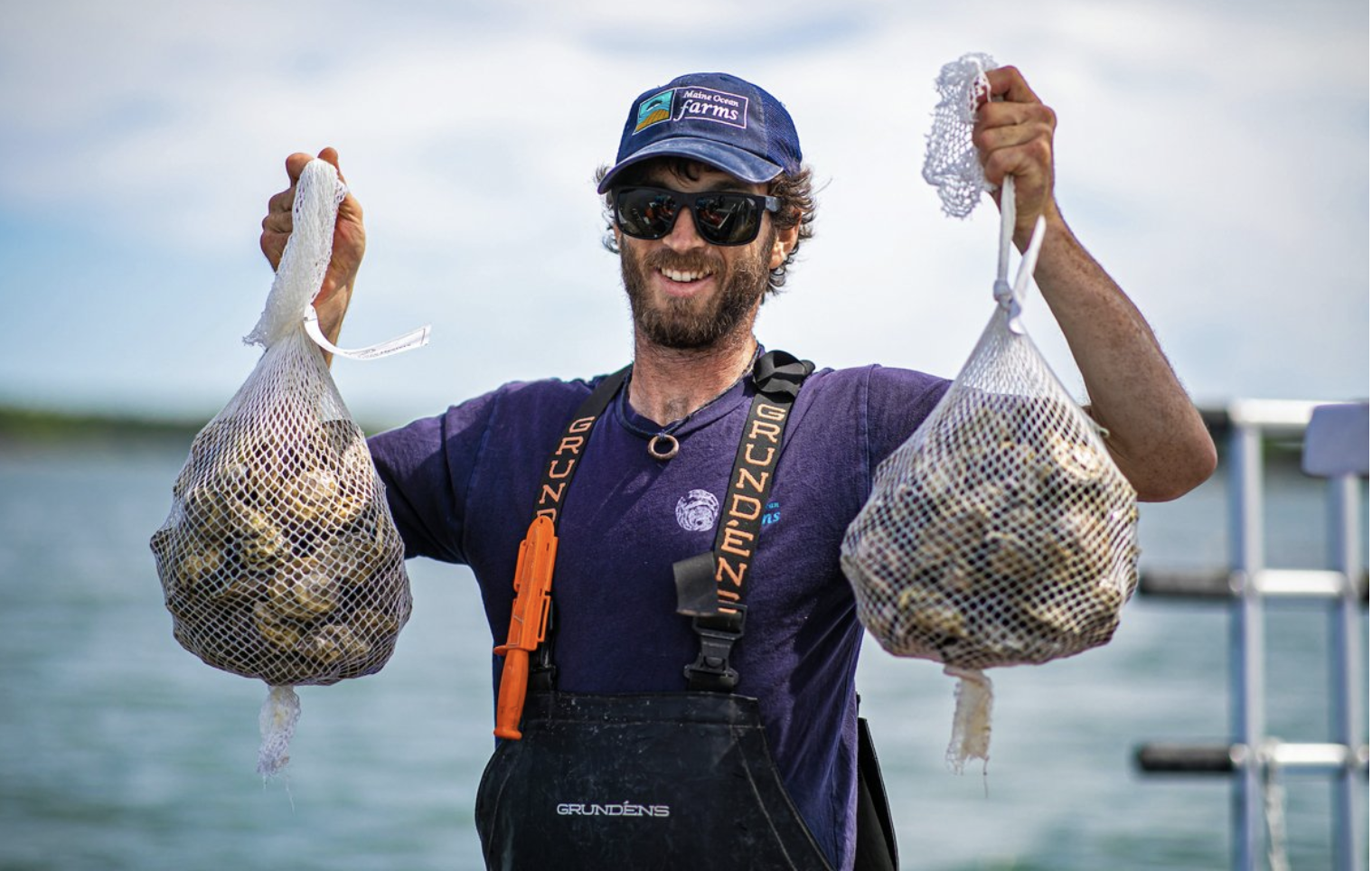 | To Cut Ocean Plastic Pollution, Aquaculture Turns to Renewable Gear June 27, 2022—Shellfish and kelp growers are exploring alternatives ranging from kelp-based ropes and lobster bait bags to oyster cages made solely from wood and metal. Read more at Civil Eats |
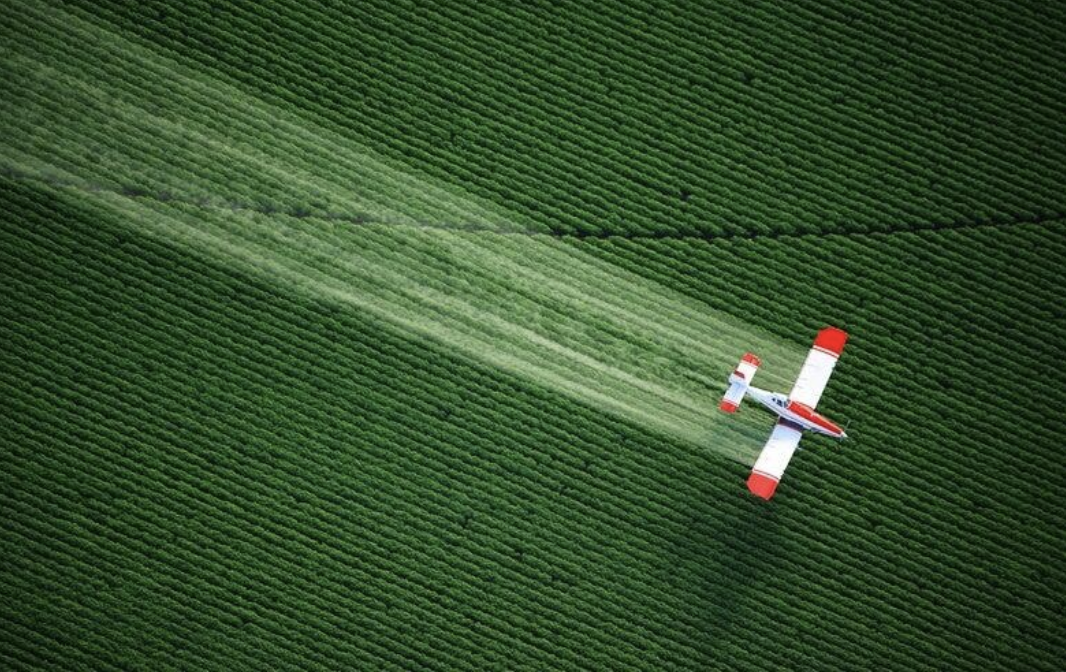 | Pesticides Are Spreading Toxic ‘Forever Chemicals,’ Scientists Warn June 15, 2022 —Common chemicals sprayed on many crops each year are cloaked in bureaucratic uncertainties. Read more at Scientific American |
 | The hidden, potential cancer-causing, danger in woodworking and art supplies June 6, 2022 —Researchers say a chemical called BADGE is putting everyone from professional woodworks to weekend craft hobbyists at risk. Read more at EHN |
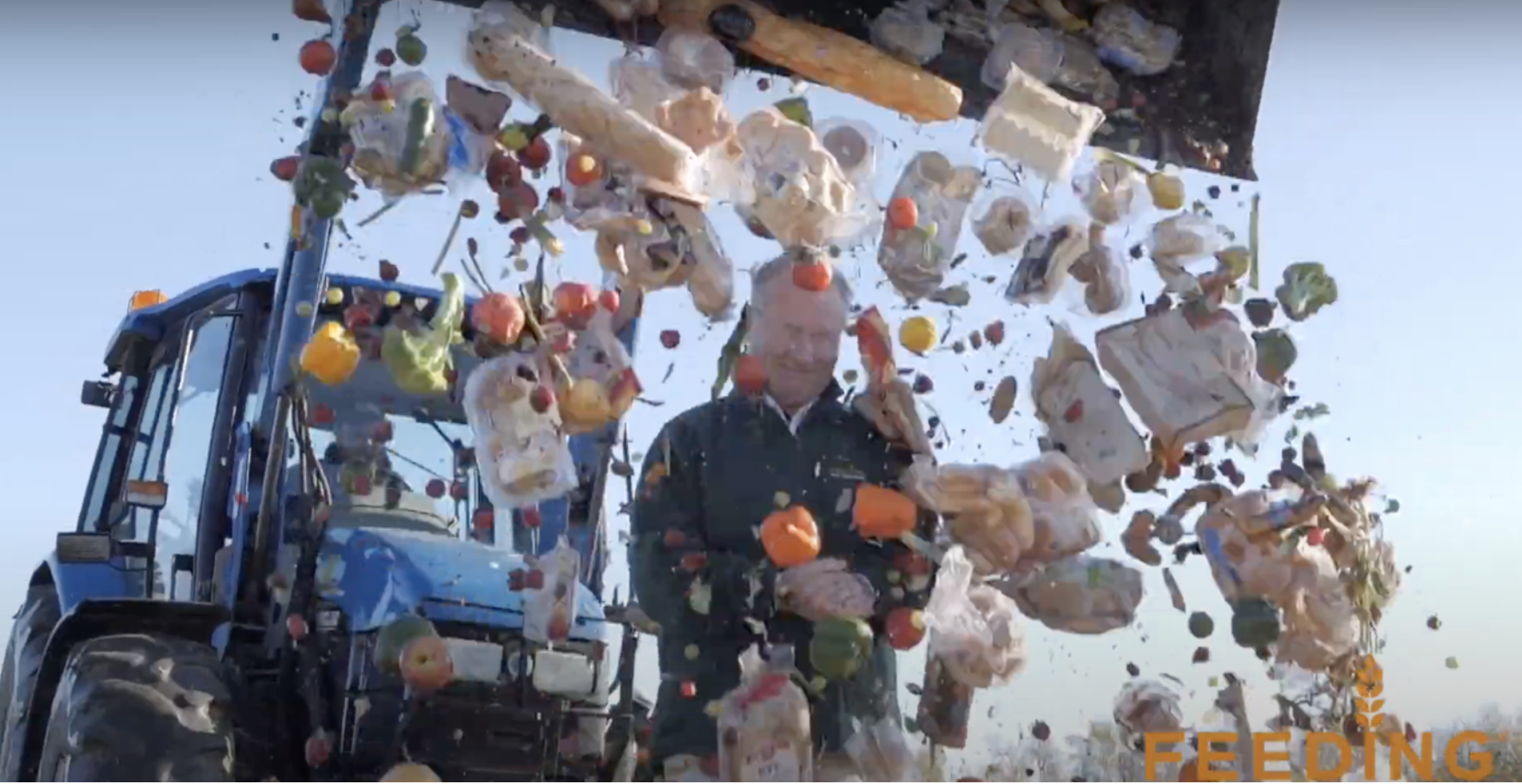 | How New Laws on Surplus Food Will Impact Food Banks March 28, 2022—Food banks in California and New York are preparing for a potential uptick in donations as grocers, restaurants and other food producers comply with new state laws that require them to donate surplus edible food, rather than send it to landfills. Read more at Food Bank News |
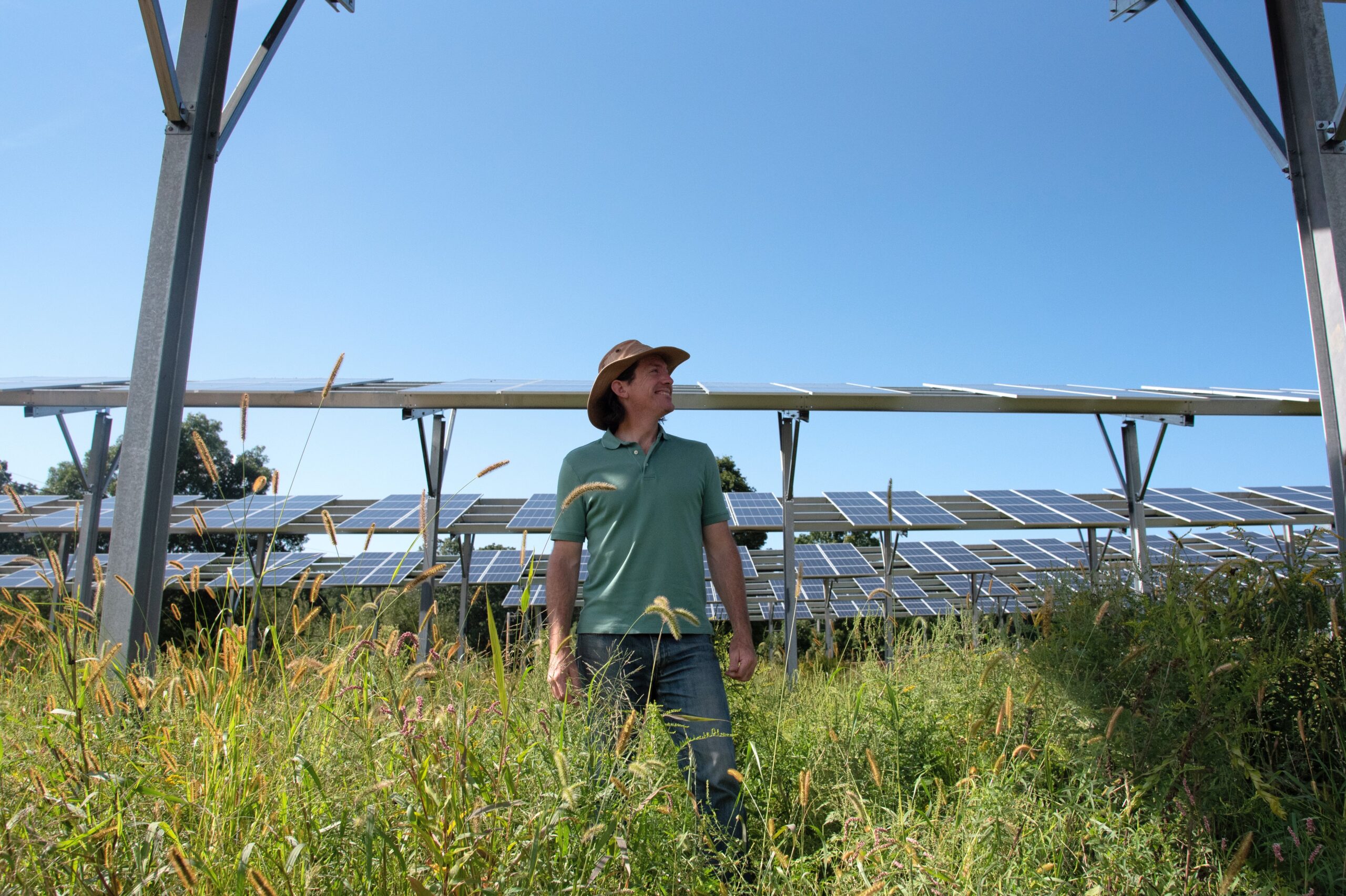 | Solar Solutions: Clean Energy, Climate Resilience, & Conservation on U.S. Farmland January 19, 2022—Investing in renewable energy on farmland could be a win for climate mitigation, conservation, and agriculture, for farmers and their local economies. But it has to be done with farming in mind, and so that it doesn’t displace farming across large parts of our landscape. Read more at Land Lines |
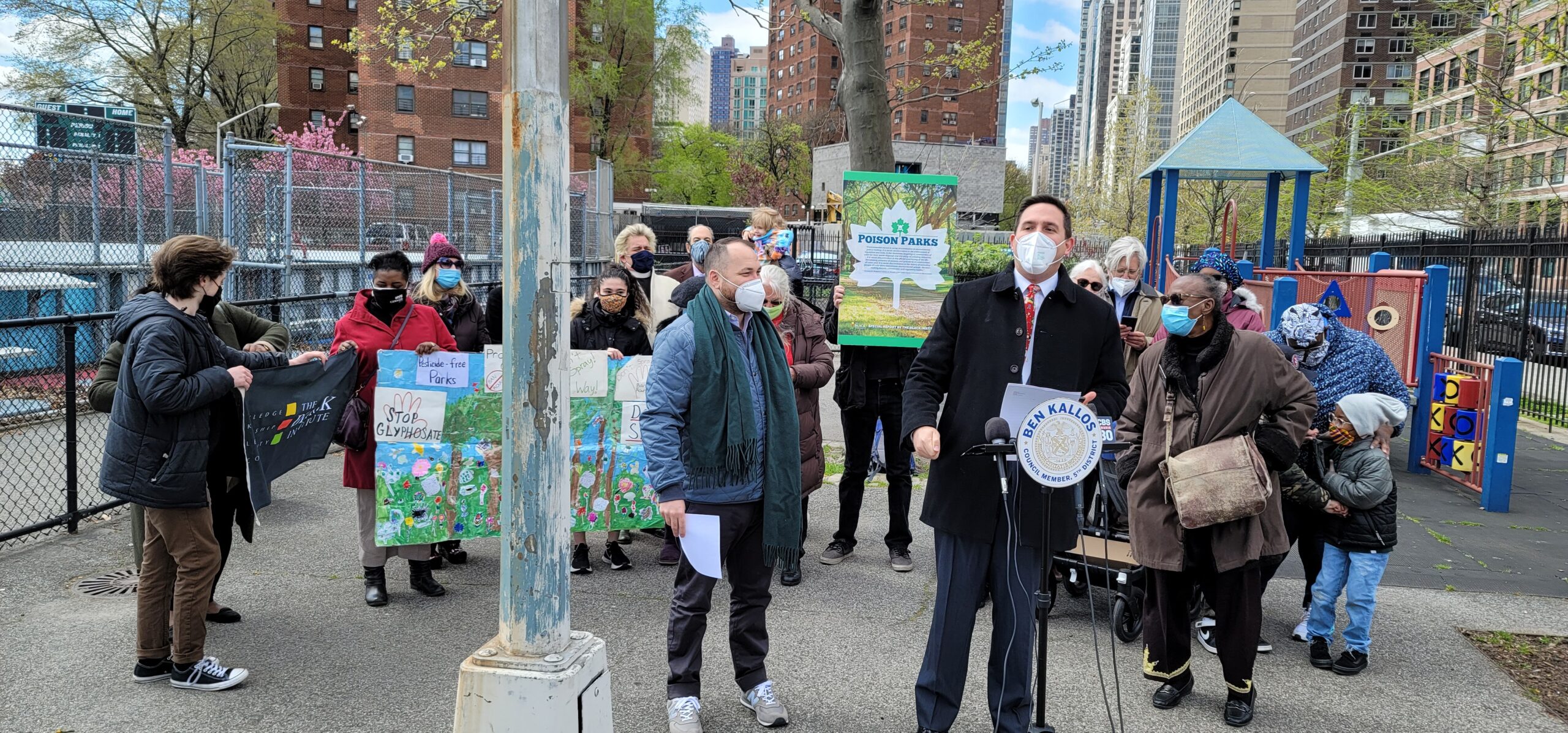 | The pesticide ban movement gains momentum November 16, 2021— Cities and counties are increasingly banning toxic pesticides—and some are taking aim at fertilizers. But industry attempts to buck local efforts remain a significant hurdle. Read more at EHN |
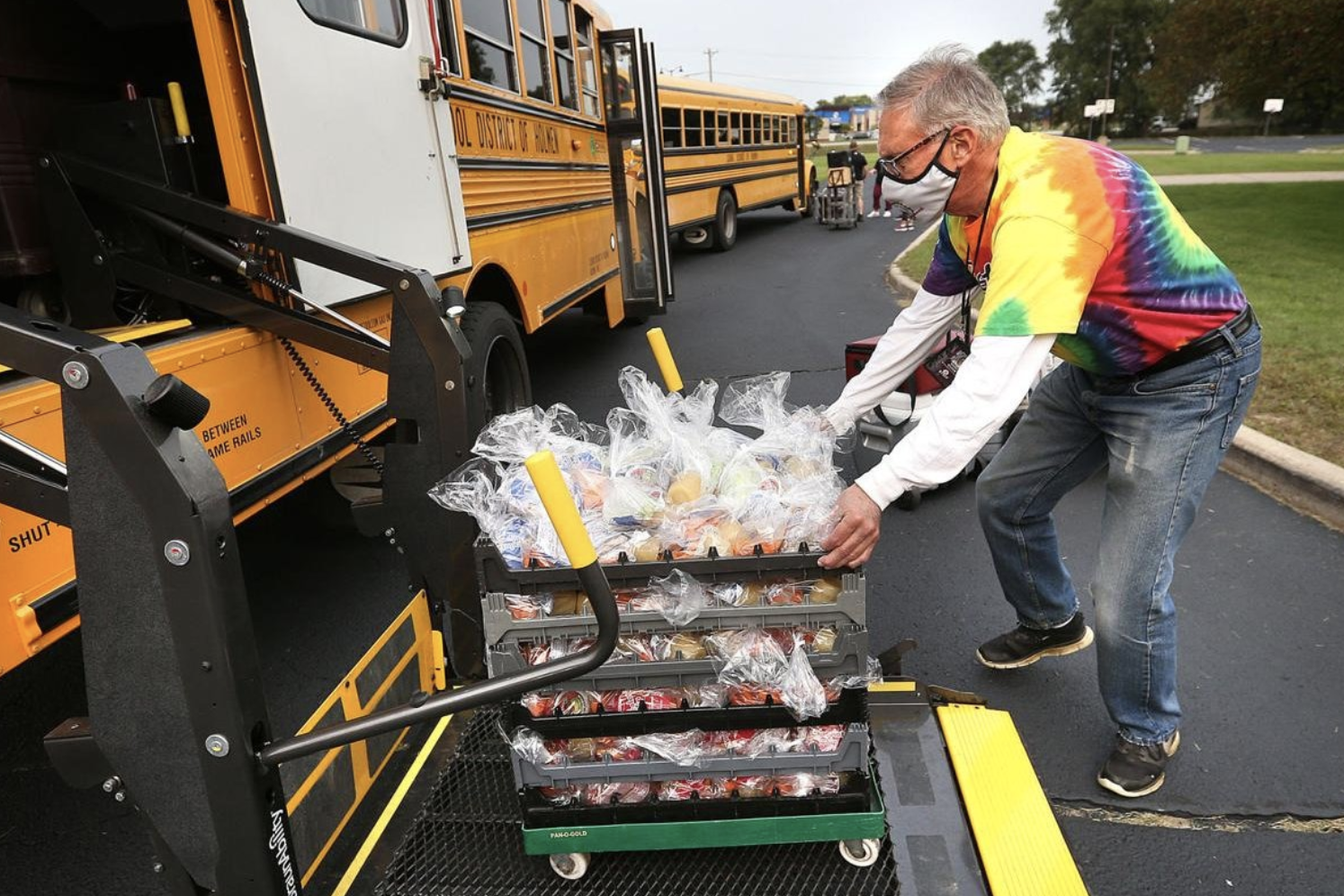 | The People Behind School Meals Are Pushing for Free Access for All March 8, 2021— The School Nutrition Association is lobbying Congress this week for free school breakfast and lunch, a previously unthinkable policy proposal made possible by the pandemic. Read more at Civil Eats |
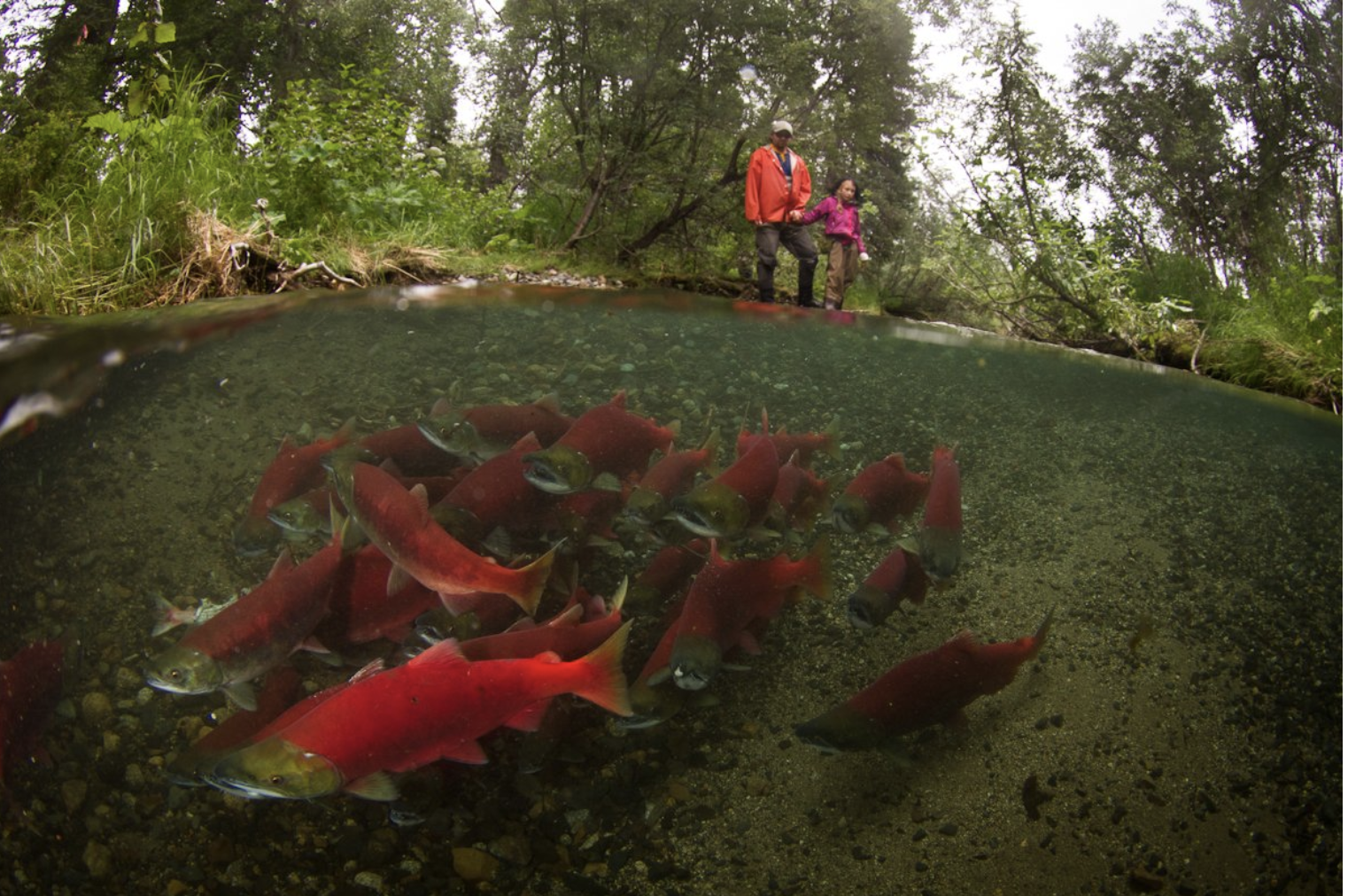 | ‘Salmon is Life’: For Native Alaskans, Salmon Declines Pose Existential Crisis August 12, 2021— Climate change and other factors are disparately impacting Indigenous subsistence fishermen, for whom salmon is the center of their culture. Read more at Civil Eats |
 | What Zymergen’s IPO says about 'biofacturing' and green chemistry May 3, 2021— Zymergen made a splash on Earth Day, as the first "biofacturer" to go public. The Bay Area company is developing products for use in consumer care, agriculture and electronics, in what could be a promising sign for green chemistry. But what is biofacturing — and is it truly more sustainable? Read more at GreenBiz |
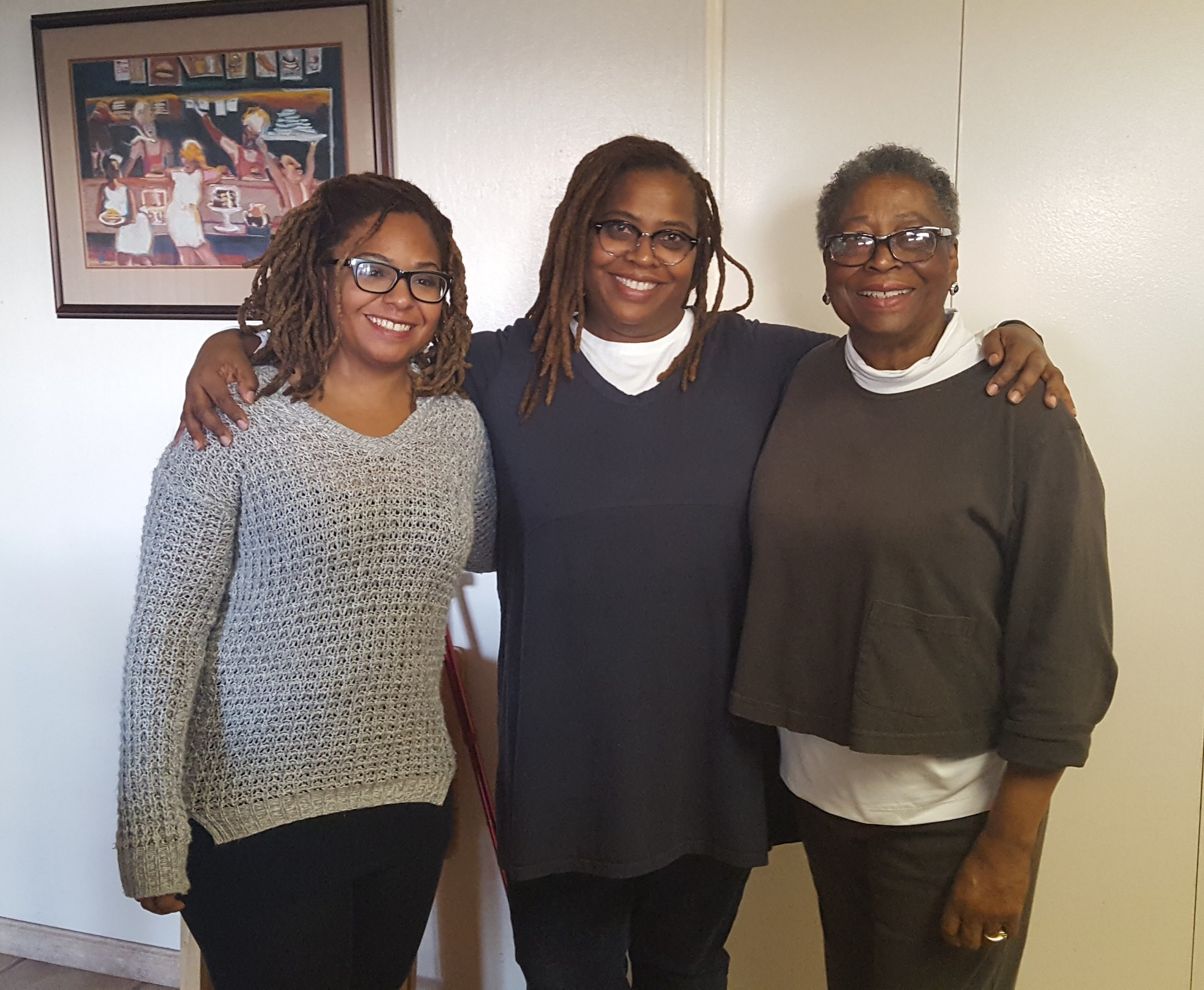 | Pesticide DDT linked to increased breast cancer risk generations after exposure April 15, 2021—Groundbreaking study finds women whose grandmothers had high DDT exposure are more likely to be obese and have early menstruation—both breast cancer risk factors. Read more at EHN |
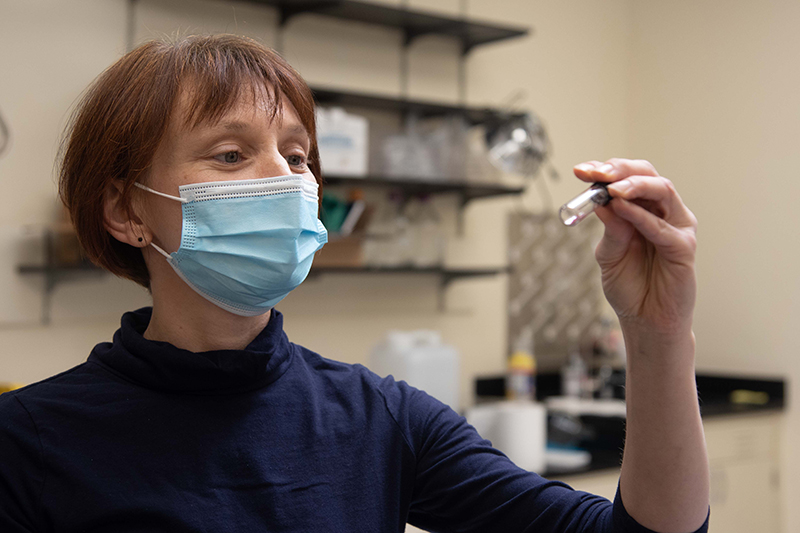 | From butterfly wings to shrimp claws: Mimicking nature on the nanoscale February 15, 2021— Innovators look to biomimicry to address sustainability challenges. Can they harness green chemistry to get it right? Read more at EHN |
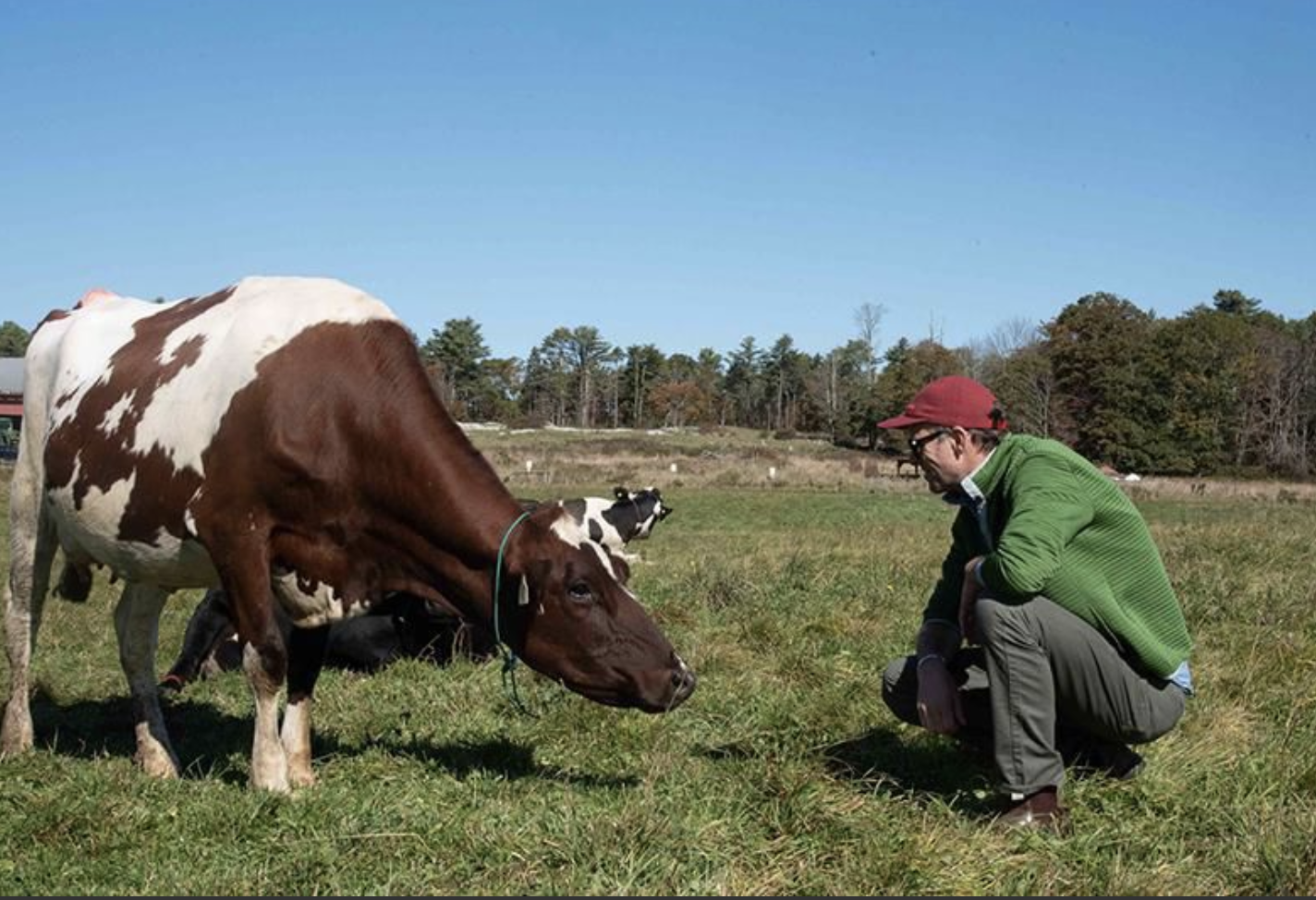 | Large Food Companies are Looking to Lock Carbon in Soil as a Way to Meet Ambitious Emissions Goals February 9, 2021— Regenerative agriculture practices can sequester carbon in soil, but for companies with complex supply chains, the logistics of moving to such practices can be complicated. Read more at Ensia Republished by Smithsonian Magazine |
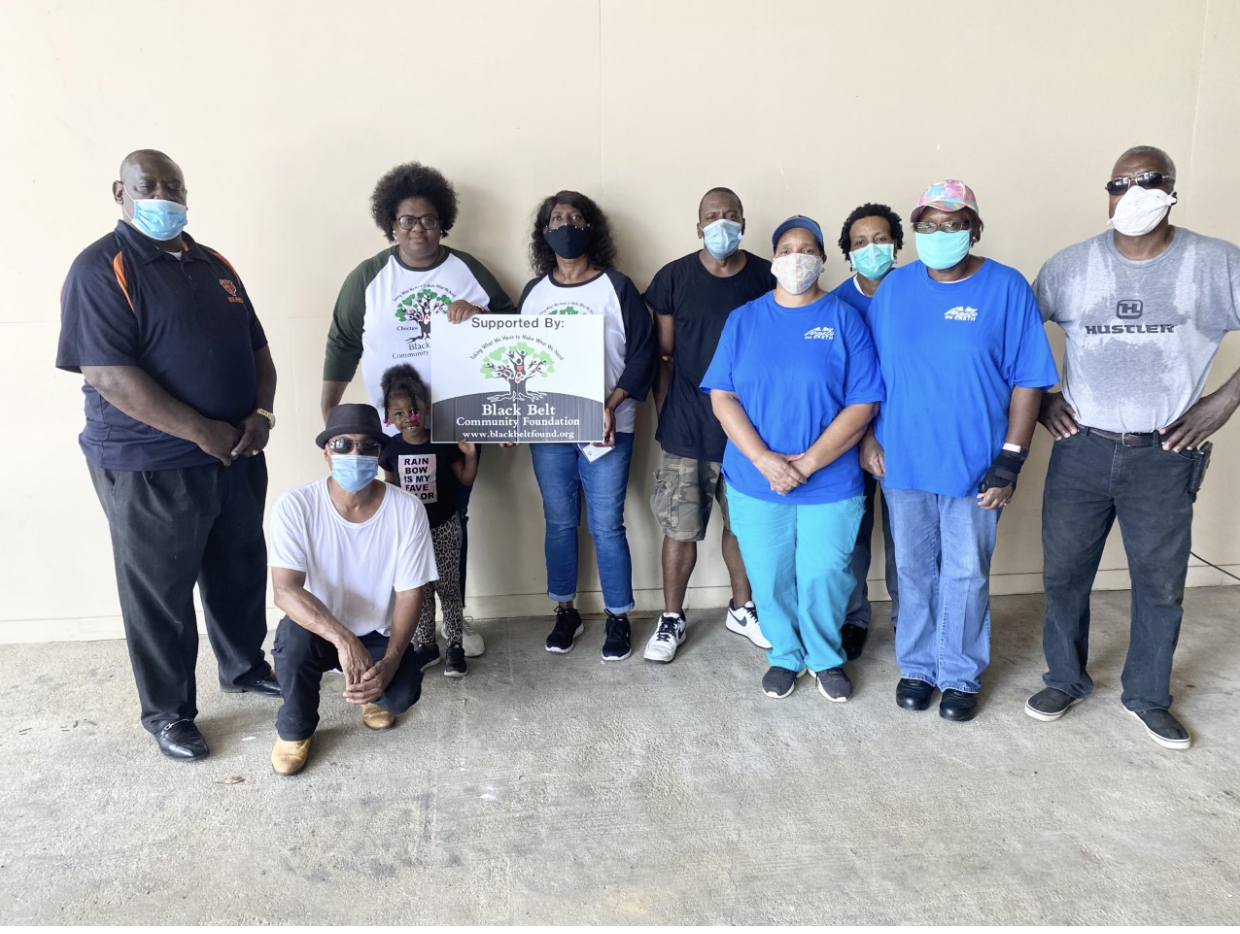 | Impact investing gains steam as tool for remedying racism in lending October 12, 2020— Corporate foundations and corporations themselves are stepping beyond traditional grantmaking to address inequality in access to capital with impact investing tools such as loan guarantees or direct investments in community banks. But to be truly meaningful, such initiatives must align with a company’s business model. Read more at GreenBiz |
 | A Butterfly’s Brilliant Blue Wings Lead to Less Toxic Paint November 13, 2020— A phenomenon known as structural color could be translated to a range of commercial products Read more at Scientific American |
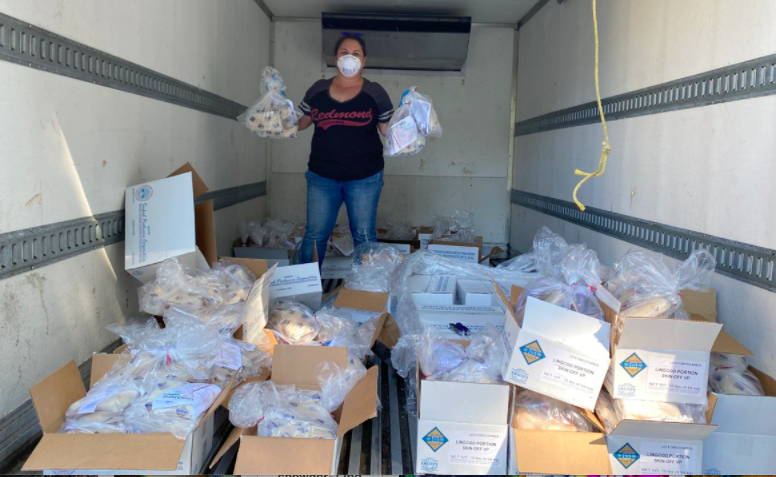 | Connecting Fishermen with Hungry Communities Can also Benefit Local Food Systems September 16, 2020—While fresh seafood hasn't traditionally been included in hunger relief programs, advocates say the lean protein is a smart choice that supports local economies. Clif Bar, King Arthur Flour, Organic Valley, and others are providing university endowments to counter a system stacked in favor of conventional agriculture. Read more at Civil Eats |
 | Fishermen Hope for Change as the Seafood Industry Faces a Crisis June 25, 2020 — The pandemic and climate change are creating extreme hardship among small-scale fishermen. A new order boosting offshore aquaculture and relaxing fishery regulations is adding to existing U.S. wild fisheries’ woes. Read more at Civil Eats Republished by Salon |
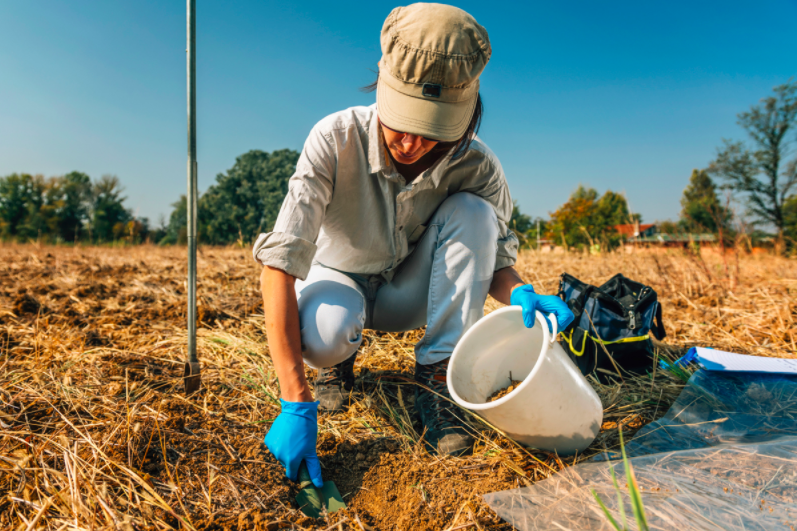 | Food Companies Step Up Funding for Organic Farming Research July 13, 2020—Clif Bar, King Arthur Flour, Organic Valley, and others are providing university endowments to counter a system stacked in favor of conventional agriculture. Read more at Civil Eats |
 | Chemical Footprinting Comes of Age July 13, 2020—The Chemical Footprint Project scored a big win when nearly 45 percent of TJX Companies’ shareholders voted in favor of a resolution calling on the discount retailer to report on its plans to reduce its chemical footprint. Investors want more transparency from companies about how they are moving toward safer chemicals. Some are concerned about the environmental justice implications of who bears the brunt of hazardous chemical exposure. Read more at GreenBiz |
 | The danger of hormone-mimicking chemicals in medical devices and meds July 2, 2020 —In an effort to bolster our health, we may be exposed to compounds that harm us. New research says physicians need to recognize and explain this hidden risk to patients. Read more at EHN |
 | Everday Products are Full of Harmful Chemicals. Can Green Chemistry Lead the Way to Safer Alternatives? May 5, 2020—Organization and consumer demand for products that don’t harm people or pollute the environment are moving forward-thinking brands toward safer ingredients. Read more at Ensia |
 | Making toxic-free births a Christian issue April 13, 2020—Christian groups fiercely defend the rights of the unborn but have long neglected to advocate for pollution-free births and childhoods. Some evangelicals are trying to change that. Read more at Environmental Health News |
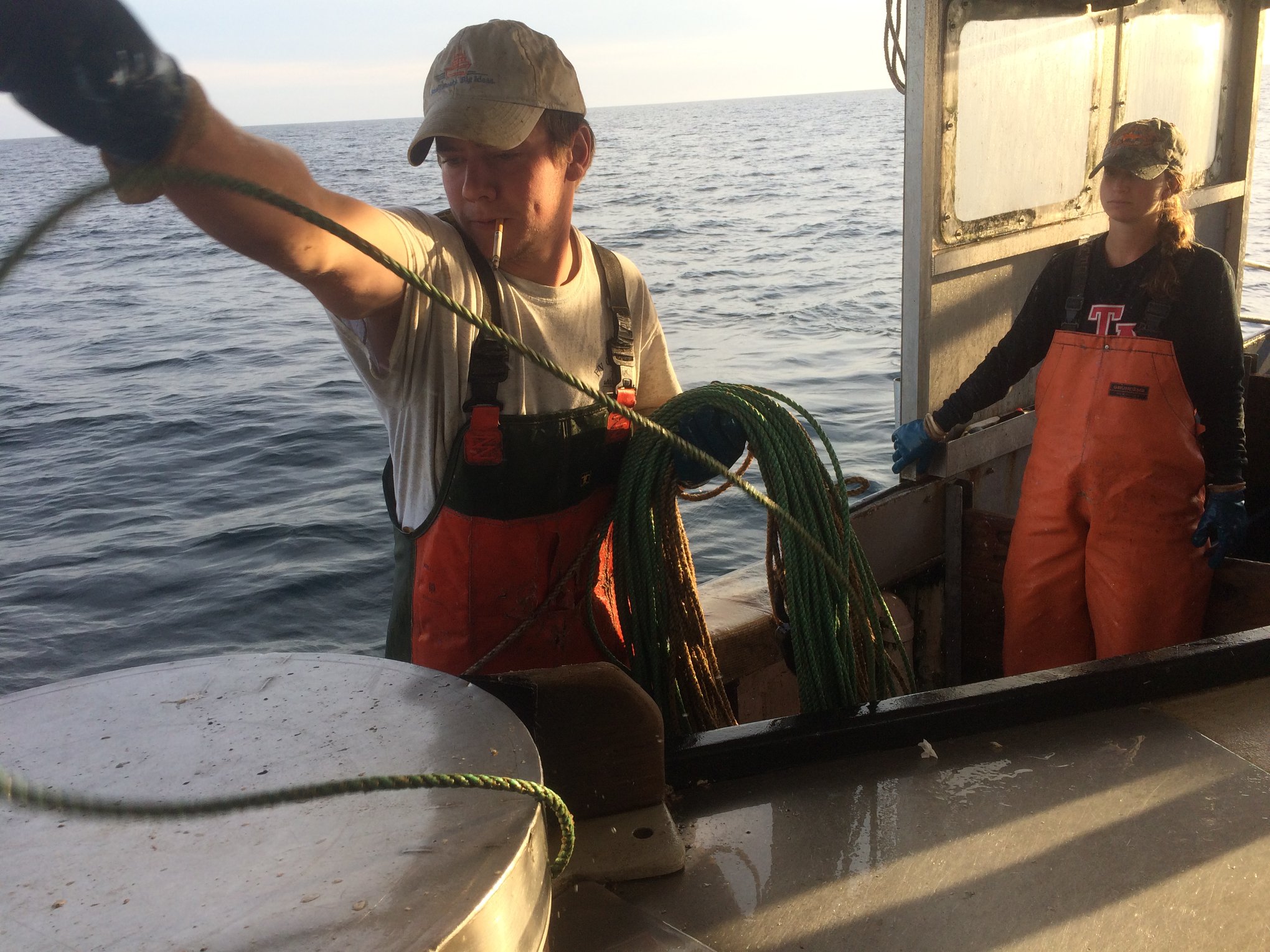 | As Coronavirus Disrupts Seafood Supply Chains, Struggling Fishermen Seek Other Markets April 14, 2020— With restaurants and international markets disappearing, it’s sink or swim for the nation’s fishermen. Read more at Civil Eats |
 | 6 Ways compares can be a "force for good" in their supply chains February 18, 2020—Eradicating forced labor, a persistent scourge throughout human history, has no easy answers and requires collaboration across companies, NGOs, government and other partners. Here are 6 takeaways from GreenBiz20. Read more at Greenbiz |
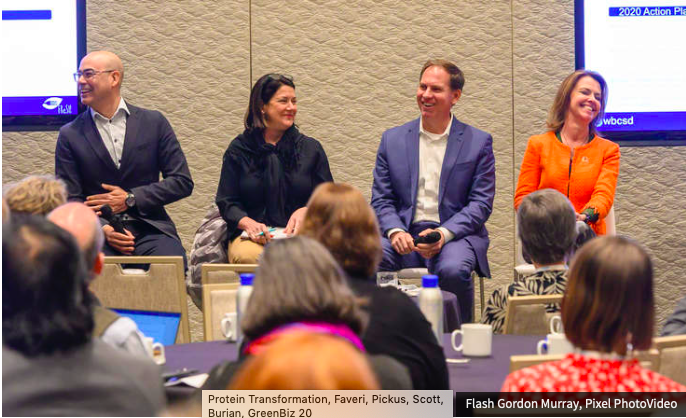 | The protein transformation. Hyperbole or reality? February 10, 2020—With an estimated 3 billion more mouths to feed by 2050, and meat production’s huge toll on land, water, biodiversity and greenhouse gas emissions, the need for transformation couldn’t be clearer. Here are four takeaways from GreenBiz20. Read more at Greenbiz |
 | 6 Circular economy trends that will shape 2020 January 2, 2020—Circular economy approaches advanced in 2019, particularly for plastics and packaging. In some cases, it’s a bit of back to the future, with businesses seeking to close the packaging loop with new product delivery models that actually existed a long time ago but now have a modern twist. In other cases, its new, breakthrough technologies for chemical recycling of plastic materials. Read more at Greenbiz |
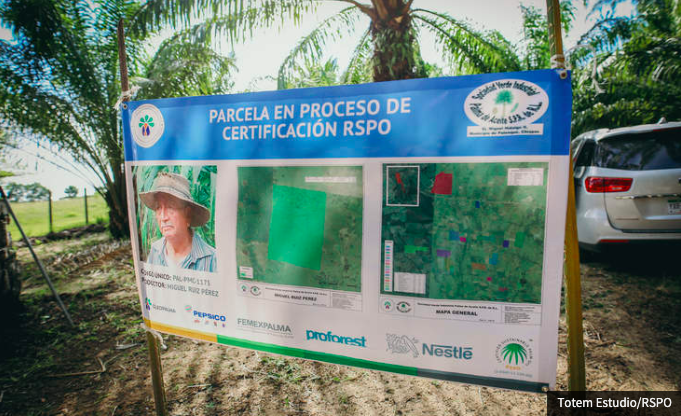 | Palm oil buyers cultivate Mexico's ambition to grow a sustainable industry October 22, 2019 —Mexico’s approach to sustainable intensification and seeming enthusiasm for sustainable production from key value chain members could position the nation to become a larger force, and perhaps even a role model, in the palm oil market. Read more at Greenbiz |
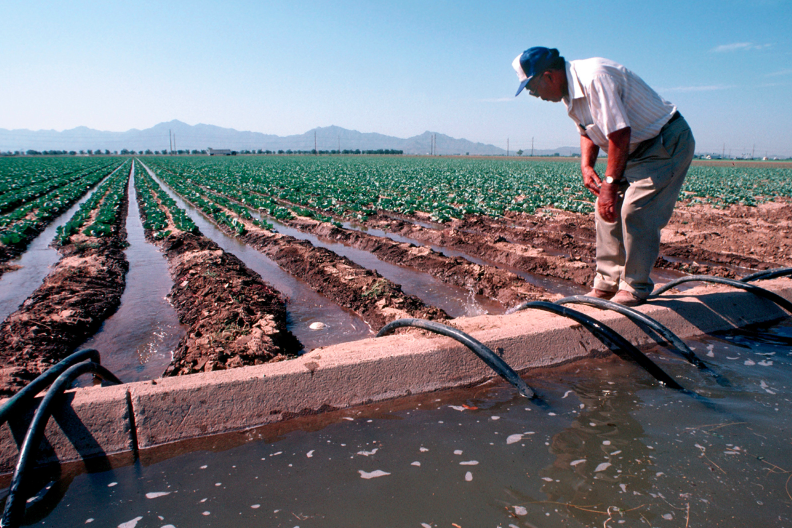 | As Water Sources Dry Up, Arizona Farmers Feel the Heat of Climate Change Setember 18, 2019 —Farms in central Arizona will soon lose access to Colorado River water, impacting farmers, cities, and Native communities. Read more at Civil Eats |
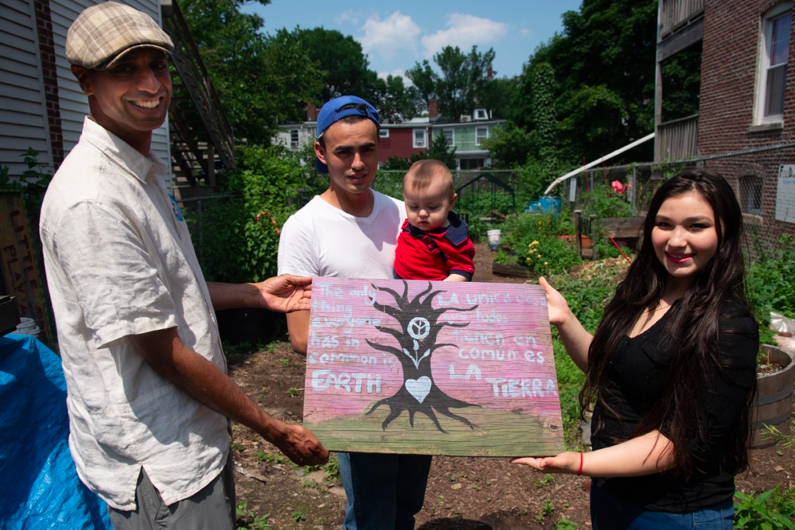 | Boston’s Eastie Farm Builds Community and Resilience on the Front Lines of Climate Change August 21, 2019 — Sprouting from a 3100-square-foot lot, the urban farm brings people together, feeds neighbors, and focuses on being climate-ready. Read more at Civil Eats |
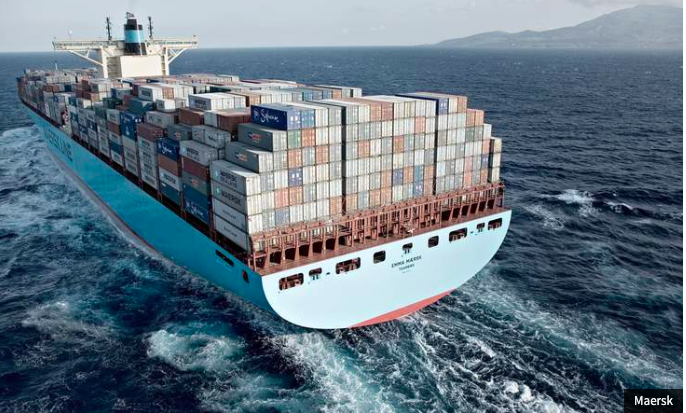 | Maersk charts course toward sustainable shipping April 22, 2019—To get a better understanding of just what it will take to get zero carbon vessels on the water by 2030, GreenBiz spoke with James Mitchell, maritime finance lead at Rocky Mountain Institute (RMI). Read more at Greenbiz |
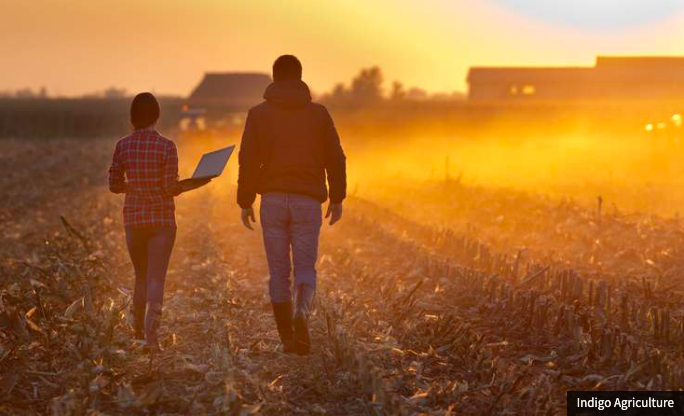 | Indigo Agriculture's bold plan to reward farmers for burying 1 trillion tons of CO2 in soil June 13, 2019—The Terraton Initiative has an ambitious goal of removing 1 trillion tons of carbon dioxide from the atmosphere by sequestering it in agricultural soil. At the heart of the Terraton Initiative is a new market, Indigo Carbon, that will pay farmers — initially $15 to $20 per ton of carbon — to implement regenerative practices such as "no till" that reduce or remove carbon from the atmosphere. Read more at Greenbiz |
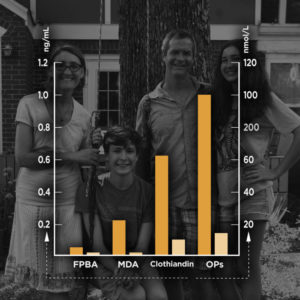 | Can eating organic lower your exposure to pesticides? March 1, 2019—For consumers uncertain about the value of organic food, a new study adds evidence to a larger body of research showing that eating organic very well may reduce pesticides in the human body. The study, which was just published in the peer-reviewed journal Environmental Research, finds that families eating a 100 percent organic diet rapidly and dramatically reduced their exposure to four classes of pesticides — by an average of 60 percent — over six days. Read more at Salon |
 | To Clean Drinking Water, Just Add Microbes June 27, 2019 —A new approach to water treatment could be cheaper, produce less waste and possibly help fix nitrate pollution in California, where one million residents, many in disadvantaged communities, do not have access to safe drinking water. Read more at Scientific American |
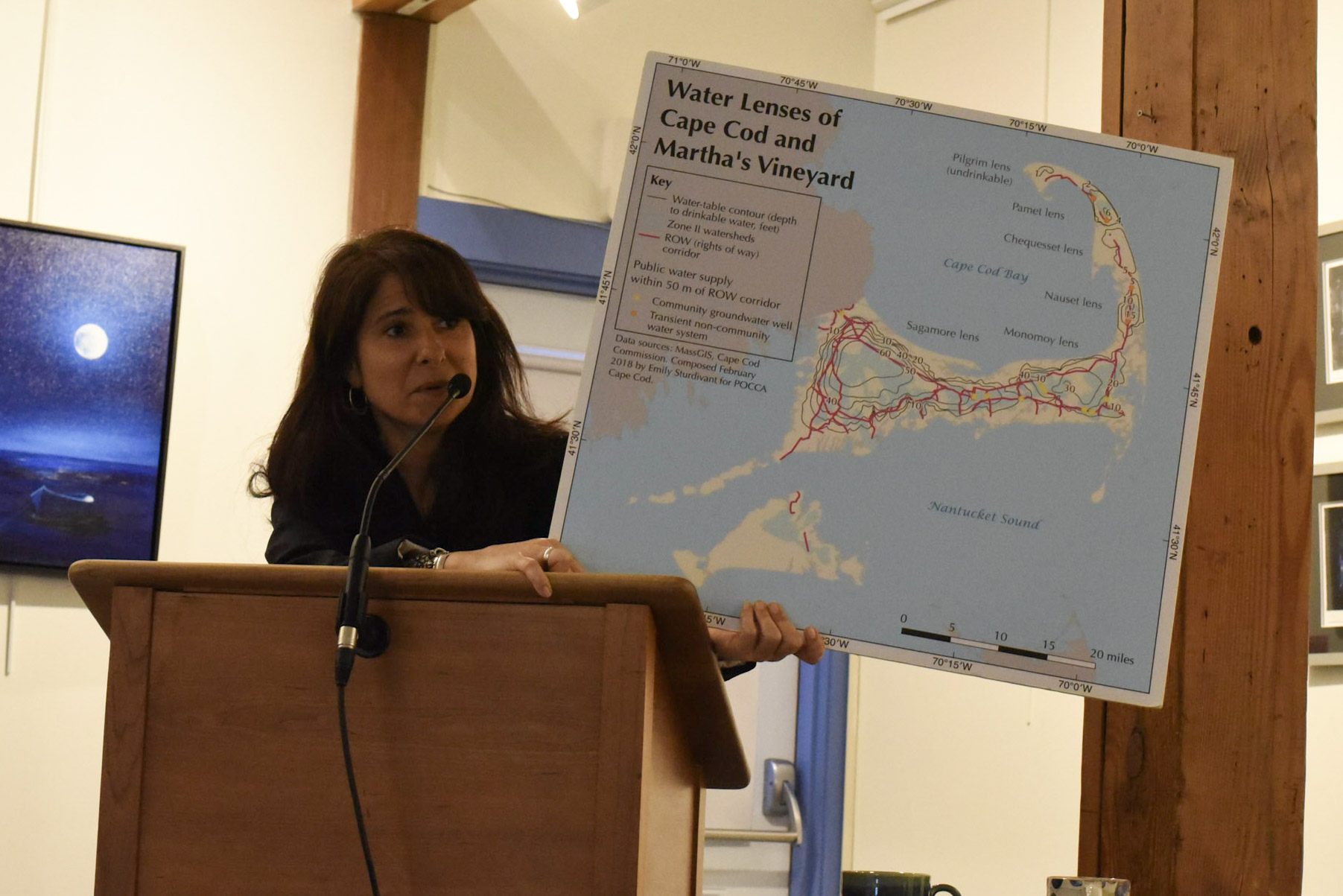 | The uphill battle for communities that ban pesticides June 17, 2019—As cities and counties across the US restrict or ban pesticides, many are realizing passing a law is but a battlefield victory in a prolonged war. Read more at Environmental Health News |
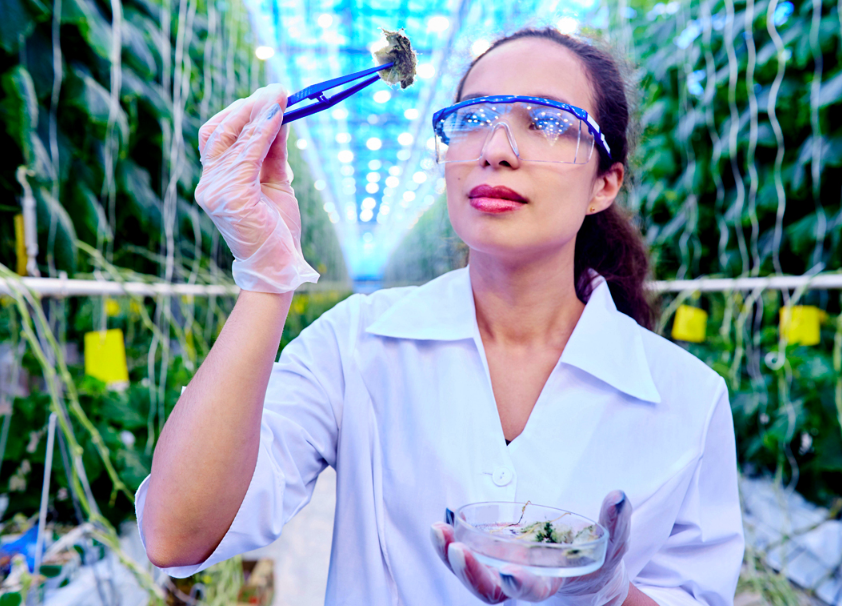 | Synthetic Biology Is Changing What We Eat. Here’s What You Need to Know. May 14, 2019 — From bleeding burgers to vegan shrimp, synbio food is backed by billions of dollars in funding, but questions remain about its safety and possible risks. Read more at Civil Eats |
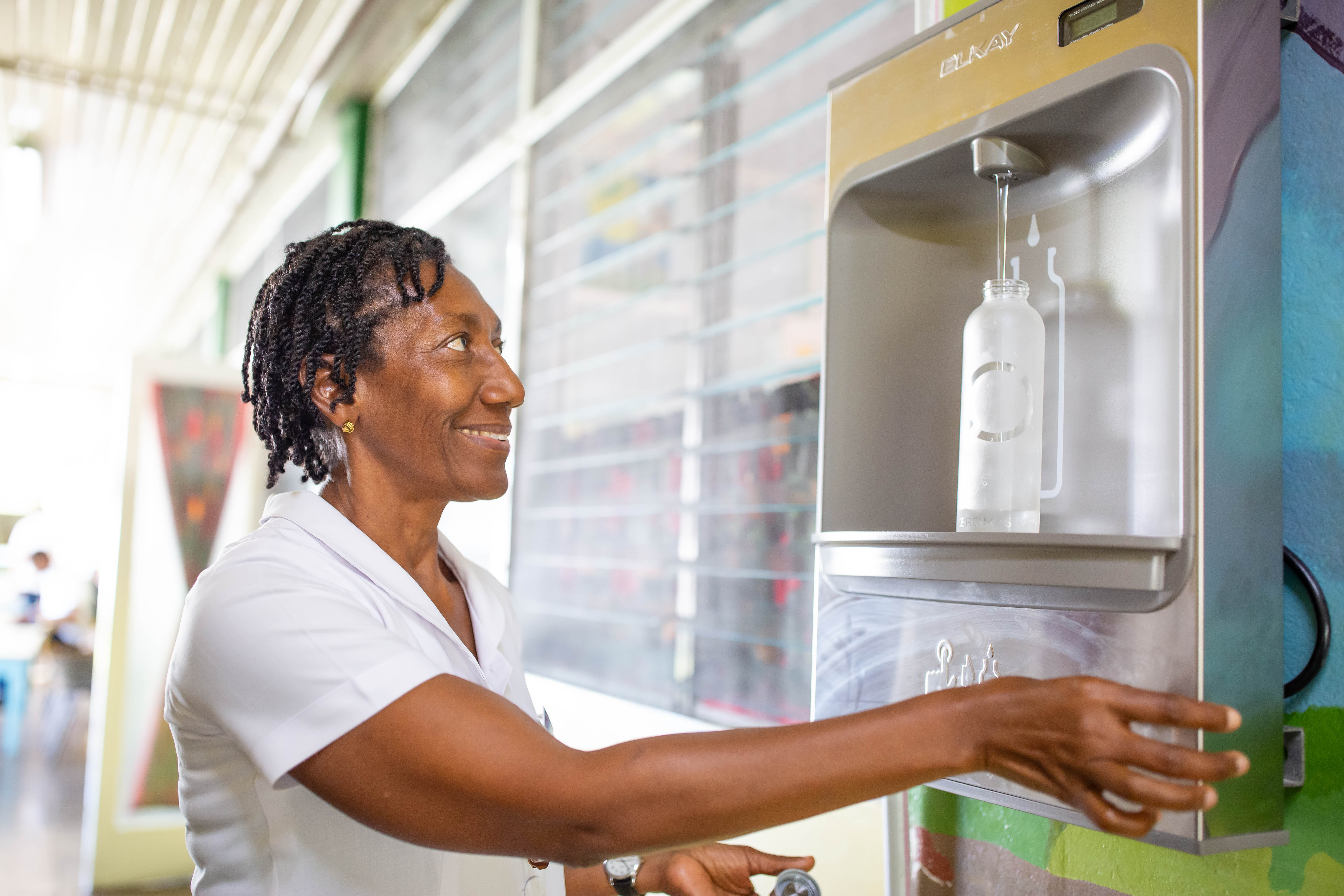 | Tech accelerators help non-profits fast track technology aimed at solving environmental challenges April 4, 2019—Innovative partnerships provide the coaching, capital and connections needed to turn bright ideas into sustainable solutions. Can they help catalyze on-the-ground change at the pace and scale needed? Read more at Ensia |
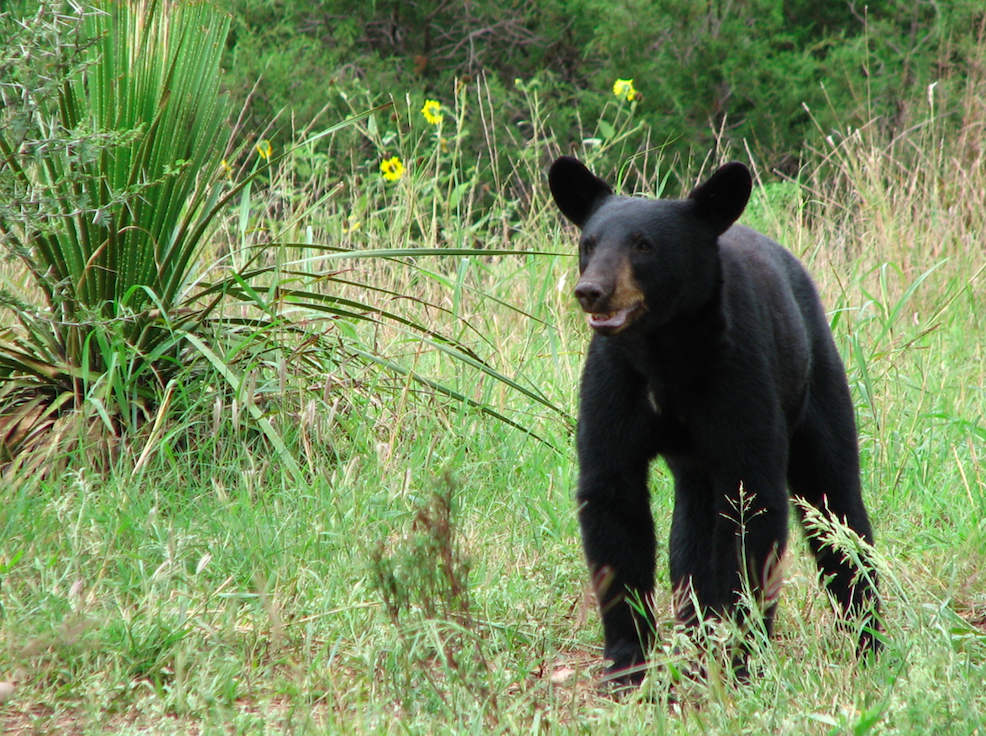 | To Survive in Texas, Black Bears Need an Open Border April 10, 2019—Decades after being wiped out in the Lone Star State, black bears are slowly returning. Experts fear that a border wall between the United States and Mexico would end that recovery. Read more at The Revelator |
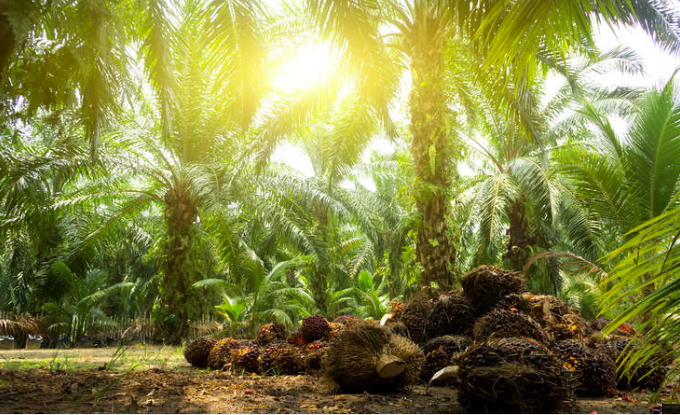 | With clock ticking on 2020 deforestation pledges, 5 ideas for sourcing palm oil sustainably February 27, 2019—More work is urgently needed to increase sustainable palm oil production, including sourcing 100% certified sustainable palm oil and moving towards physical CSPO. Read more at Greenbiz |
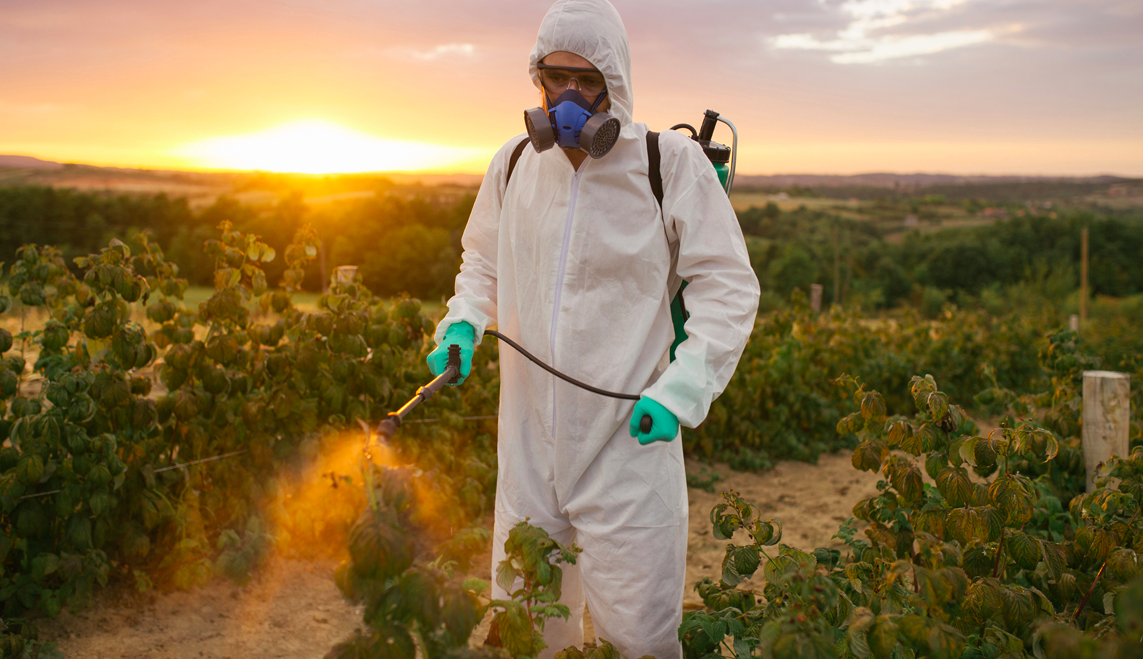 | Can Eating Organic Lower Your Exposure to Pesticides? February 11, 2019—A new study tracks the pesticides and residues in a small cohort of eaters, and found significant reductions when they switched to an all-organic diet. Read more at Civil Eats |
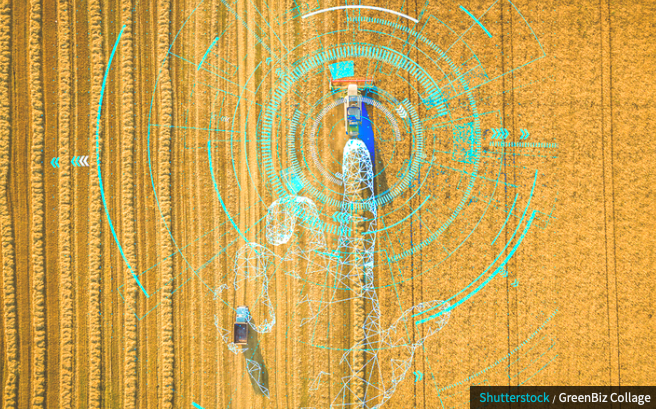 | 8 types of ag-tech startups with the right ingredients for sustainability January 9, 2019—Here are some promising ventures that go beyond product, marketing and packaging. Read more at Greenbiz |
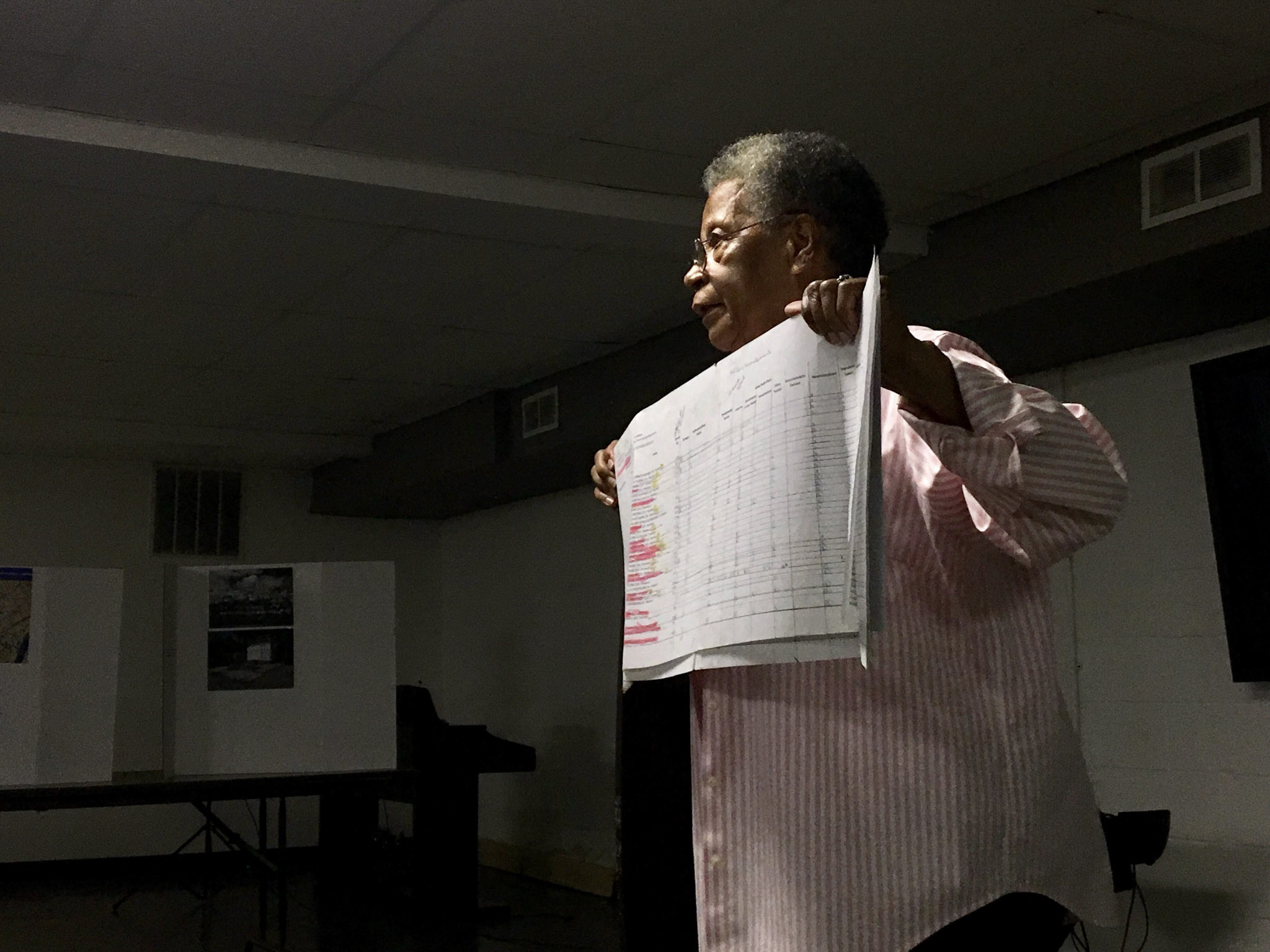 | Researchers hand Michigan officials a tool to remedy environmental injustice. Will they use it? July 25, 2019—A new report, released by the University of Michigan, evaluates—for the first time—compound environmental exposures and social factors, by census tract statewide. Now the state has an opportunity to rectify the environmental injustices borne by Michigan residents who live in heavily polluted areas. Read more at Environmental Health News |
 | The "original sin" of air quality regulations is keeping communities polluted. But that's changing. January 7, 2019—Tackling cumulative exposures, rather than one pollutant at a time, is key to correcting environmental injustice, experts say. But progress remains too slow in the most affected neighborhoods. Read more at Environmental Health News |
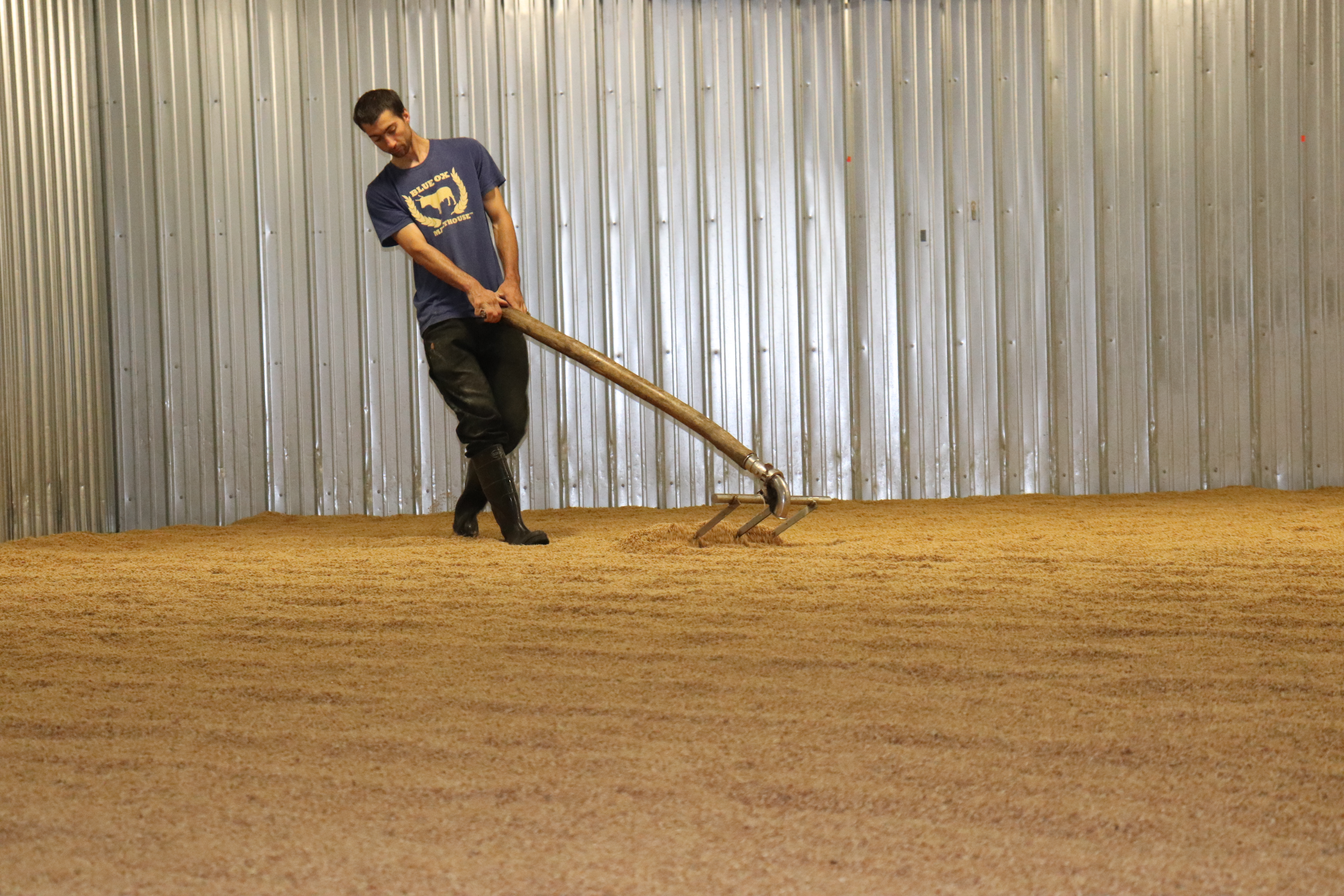 | Maine is scaling up its local grain economy November 26, 2018—A dynamic cohort of innovators are working to reshape Maine’s agricultural landscape—from farm to processing to market—by bringing back the production of high-quality, heritage, and landrace grains lost more than a century ago to the Midwest. Read more at Civil Eats |
 | Getting on to the new grid in greater Boston December 7, 2018—Could a solar-powered microgrid, led from the ground up in Chelsea, circumvent the need for a new Boston substation--while offering climate resiliency to a vulnerable community? Read more at Next City |
 | How the Farm Bill Could Keep You from Banning Roundup at Your Kid’s Playground When Julie Taddeo moved to Takoma Park, Maryland, a progressive suburb outside of Washington D.C., and saw ubiquitous yellow flags marking the places where pesticide had recently been sprayed, she was surprised. “Everyone’s a treehugger here in, the Berkeley of the East,” she says. Read more at Civil Eats |
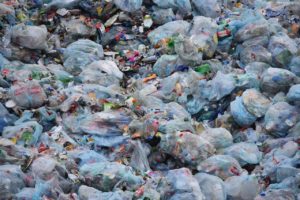 | 3 models of collaboration for sustainable packaging innovation October 15, 2018—Public awareness of the perils of plastic waste never has been higher, thanks to National Geographic’s June magazine dedicated to the problem. Company recycling commitments and governmental bans are on the rise, even as China’s ban on U.S. recycled materials continues to reverberate across the industry. Read more at GreenBiz |
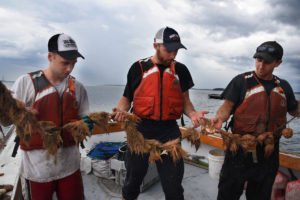 | Farmed Scallops are Coming to a Plate Near You September 11, 2018—Bangs Island Mussels’ farm manager Jon Gorman heads out on Casco Bay, off of Portland, Maine, in a blue and white fishing boat named Le Cozze (Italian for mussels). He motors past one of the rafts where the company is growing mussels and on to a more unusual venture: Bangs Island’s new sea scallop farm. Read more at Civil Eats |
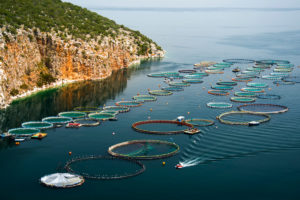 | Can Aquaculture Survive Without Forage Fish? August 16, 2018—Aquaculture is booming. Today, worldwide, we consume more farmed fish than wild-caught species. Think about it: How often do shoppers buy the more expensive wild-caught salmon over the farm-raised, and how often do they even get that choice? Read more at Civil Eats |
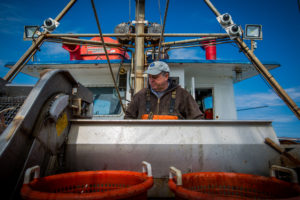 | The Future of Fishing Is Big Data and Artificial Intelligence New England’s groundfish season is in full swing, as hundreds of dayboat fishermen from Rhode Island to Maine take to the water in search of the region’s iconic cod and haddock. But this year, several dozen of them are hauling in their catch under the watchful eye of video cameras as part of a new effort to use technology to better sustain the area’s fisheries and the communities that depend on them. Read more at Civil Eats |
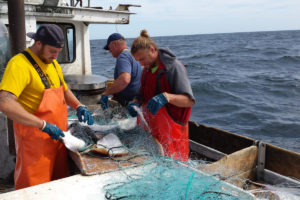 | Pier to Plate Brings Sustainably Harvested, ‘Under-Loved’ Fish to New England Diners Every summer, tourists flock to Chatham Pier on Cape Cod, Massachusetts to watch commercial fishermen unload their catch. And for hundreds of years, it was cod that fishermen hauled into Chatham’s storied harbor—and cod that gave this coastal region its name. Read more at Civil Eats |
 | Dogfish — it’s what’s for dinner on the Cape “Dogfish, you want to try the dogfish?” queried my companion as we eyed the menu at Provincetown’s Far Land on the Beach. With just $20 between us, we were wavering between sharing one $19 lobster roll, or each ordering our own $9 dogfish sandwich. Dogfish, a small shark, was on the Memorial Day menu courtesy of the Cape Cod Commercial Fishermen’s Alliance Pier to Plate Program, a first-of-its-kind initiative promoting local, sustainably caught but relatively unknown fish. Read more at Boston Globe |
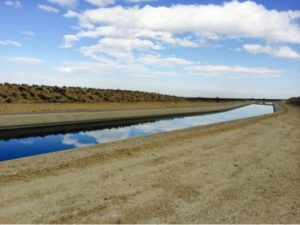 | Tamping Down on Water Use in Drought Stricken California The Dawn Creek subdivision in Lancaster, 60 miles north of Los Angeles, looks like any other neighborhood scattered across California’s Antelope Valley. Its neatly arrayed modern homes blend into the arid landscape, sporting hues the colors of the desert—burnt umber, sienna and ecru. Read more at National Geographic |
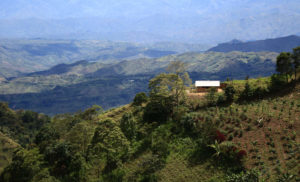 | L'Oreal, Chanel and Nespresso pioneer 'carbon insetting' Leading-edge companies striving for carbon neutrality often turn to carbon offsets to deal with the hardest-to-reduce emissions, such as those created by employee travel. According to Forest Trends (PDF), hundreds of organizations purchase offsets as one component of their carbon mitigation strategies, investing in forestry, methane capture or wind energy projects unrelated to their businesses. Read more at GreenBiz |
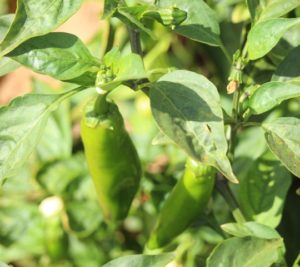 | Farm Water Management Lessons from the Desert MARICOPA, AZ — In this patchwork quilt of irrigated green farms tucked into a vast expanse of desert, cacti and mesquite, it seems improbable that water-loving vegetables could be sustainably produced on a large scale. Read more at National Geographic |
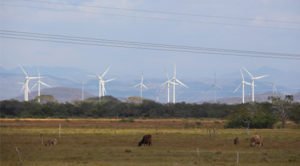 | How can we ensure the race for clean energy doesn't leave the world's poorest citizens behind April 4, 2016 — Wind power is booming in Mexico. With more than 3,200 megawatts in operation, the country is on par with Japan. By 2018 it expects to have 10,000 MW installed as part of the government’s Climate Action Plan. Read more at Ensia.com |
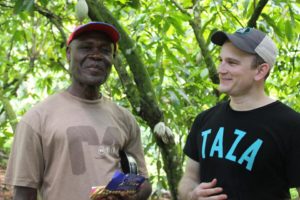 | In a Haiti hard hit by Hurricane Matthew, cocoa still thrives When you savor a chocolate bar, Haiti may not come to mind as a source for that luscious flavor. That’s likely more true now than ever, as the country grapples with the devastation wrought by Hurricane Matthew last month. Read more at Boston Globe |
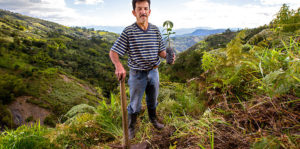 | Companies from Chanel to Ben and Jerry's are benefiting from the new "Carbon Insetting" trend February 1, 2017 — Ten years ago, serendipity set Tristan Lecomte on his path to planting millions of trees around the world. Lecomte was CEO of the French organic and fair trade company Alter Eco, and his eco-conscious consumers were pressing him about his actions on climate change. Read more at Ensia.com |
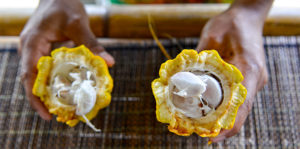 | Can upscale chocolate turn the tide on Haiti's devastating deforestation? September 14, 2016 — When a tiny Quebec chocolate maker won a gold prize at this year’s premier International Chocolate Awards for a bar made with Haitian cocoa beans, it rocked the specialty chocolate world. The cocoa beans had been on the market for less than a year, and a Haitian chocolate bar had never before received the award. Read more at Ensia.com |
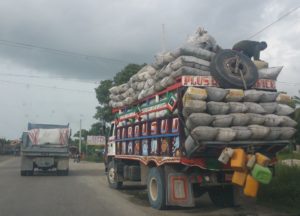 | How Your Choice of Chocolate Can Help Reforest Haiti Read any article about Haiti's environment and you'll encounter the same grim statistic, that 98 percent of the country is deforested. That's hard to fathom. How could a country possibly have only two percent tree cover? Read more at EcoWatch |
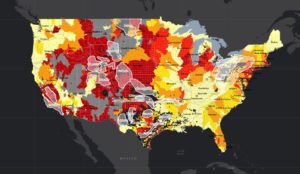 | How Fracking Impacts Water-Stressed Regions Just north of Denver lies Colorado's most productive agricultural region, Weld County. Its rolling hills, grasslands and South Platte River system provide fertile ground for dairy cows, beef cattle, corn, sugar beets and forage crops. Read more at EcoWatch |
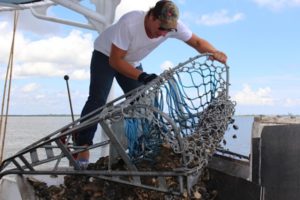 | Corn Belt Pollution: Louisiana Shrimp And Oysters Pay The Price The Croatian Pride pushes off the dock and cuts slowly through the grey Gulf of Mexico, its engine growling. The air hangs thick and steamy, and the movement of the 40-foot oyster boat brings relief as it breezes past marshy areas where blue herons stand sentinel. Read more at National Geographic |
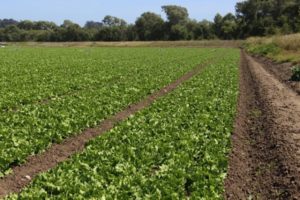 | A Farm Level View on Supply Chain Water Risk WATSONVILLE, CA—Lettuce is a thirsty crop in parched California. It takes roughly 12 gallons to grow a single head, and Chris Willoughby, a mid-sized grower of leafy greens, broccoli and cabbage, is doing his best to cut back on that amount. Ream more at National Geographic |
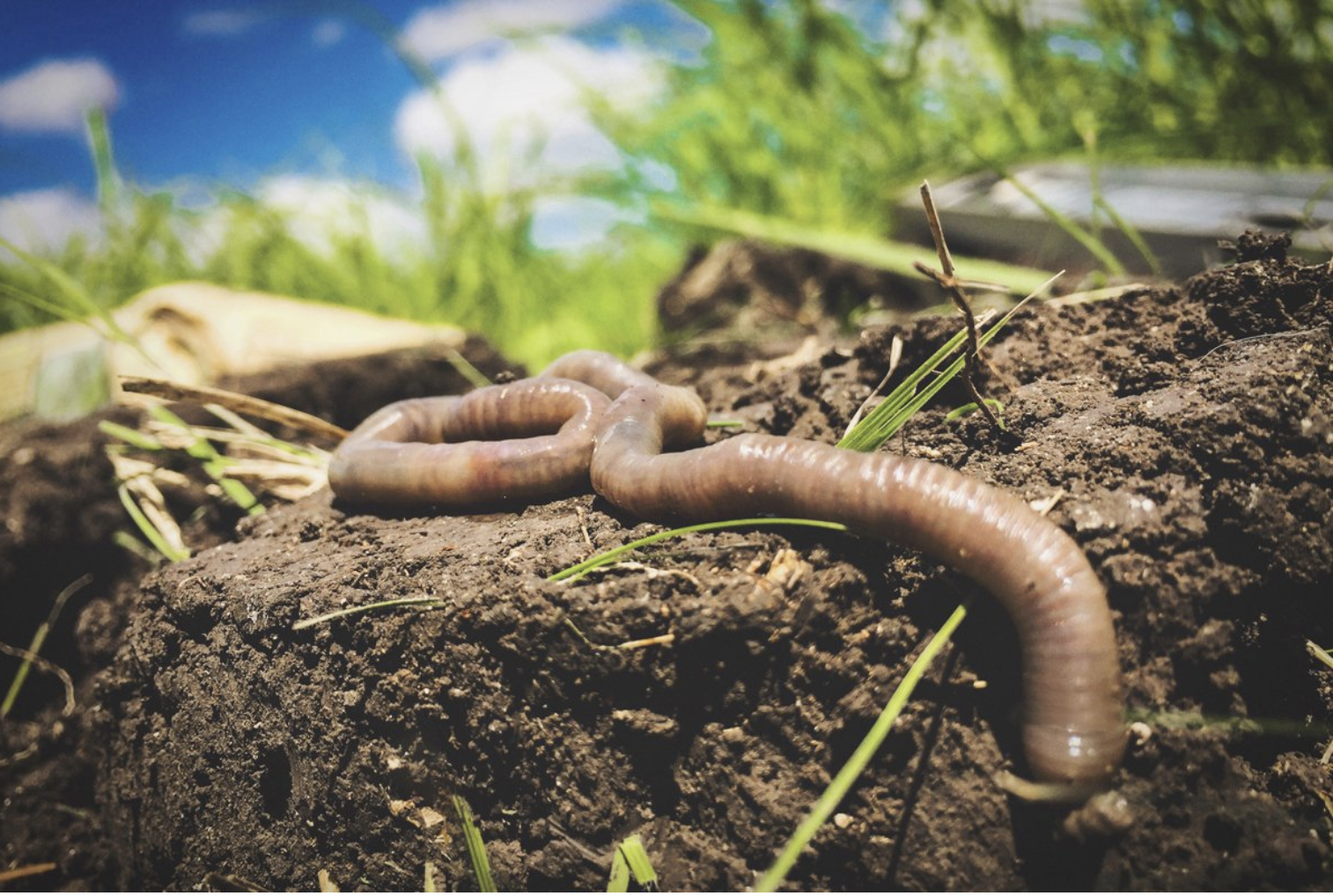 | How Pesticides Are Harming Soil Ecosystems June 4, 2021— At a time when interest in regenerative agriculture is growing, a new study looks at the way pesticides can devastate soil species that foster plant health and sequester carbon. Read more at Civil Eats |
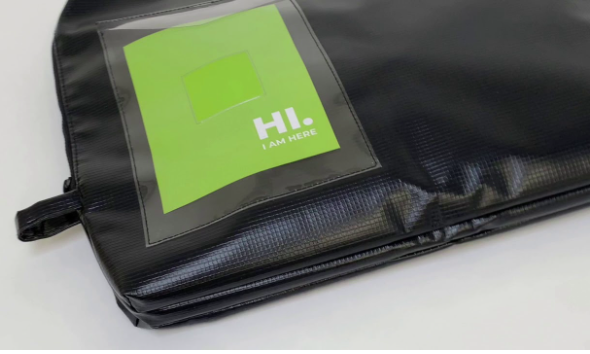 | 7 tips for companies developing reusable packaging September 3, 2020—Reusable packaging is gaining steam, and brands have ample opportunity to pilot projects or join precompetitive collaborations so that they don’t have to shoulder the risks alone. That optimistic message — even amid coronavirus concerns — was the takeaway from two breakout sessions on reusable packaging at Circularity 20, GreenBiz’s online circularity event. Read more at GreenBiz |
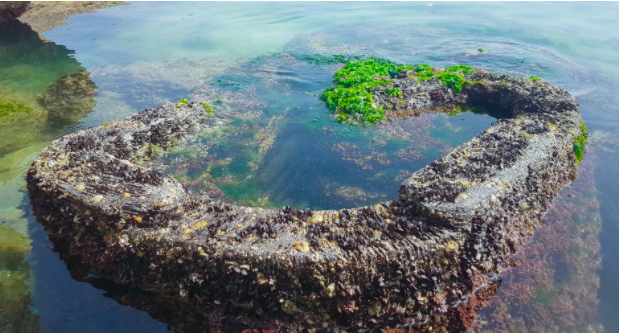 | This Israeli startup mimics mangroves, coral and oysters to create protective seawalls August 25, 2020 — ECOncrete, a Tel Aviv-based company that designs and creates innovative concrete structures for seawalls and other coastal projects that mimic local marine ecosystems, scores this years top Ray of Hope Prize for biomimicry. Read more at GreenBiz |
 | Water in the West: Finding and funding stormwater capture opportunities June 30 2020—As climate change and rapid growth squeeze water supplies across the U.S. West, cities like Tucson and Los Angeles are investing in low-impact development, an approach that works with nature to manage stormwater close to its source, and yields multiple benefits. Read more at Land Lines Magazine |
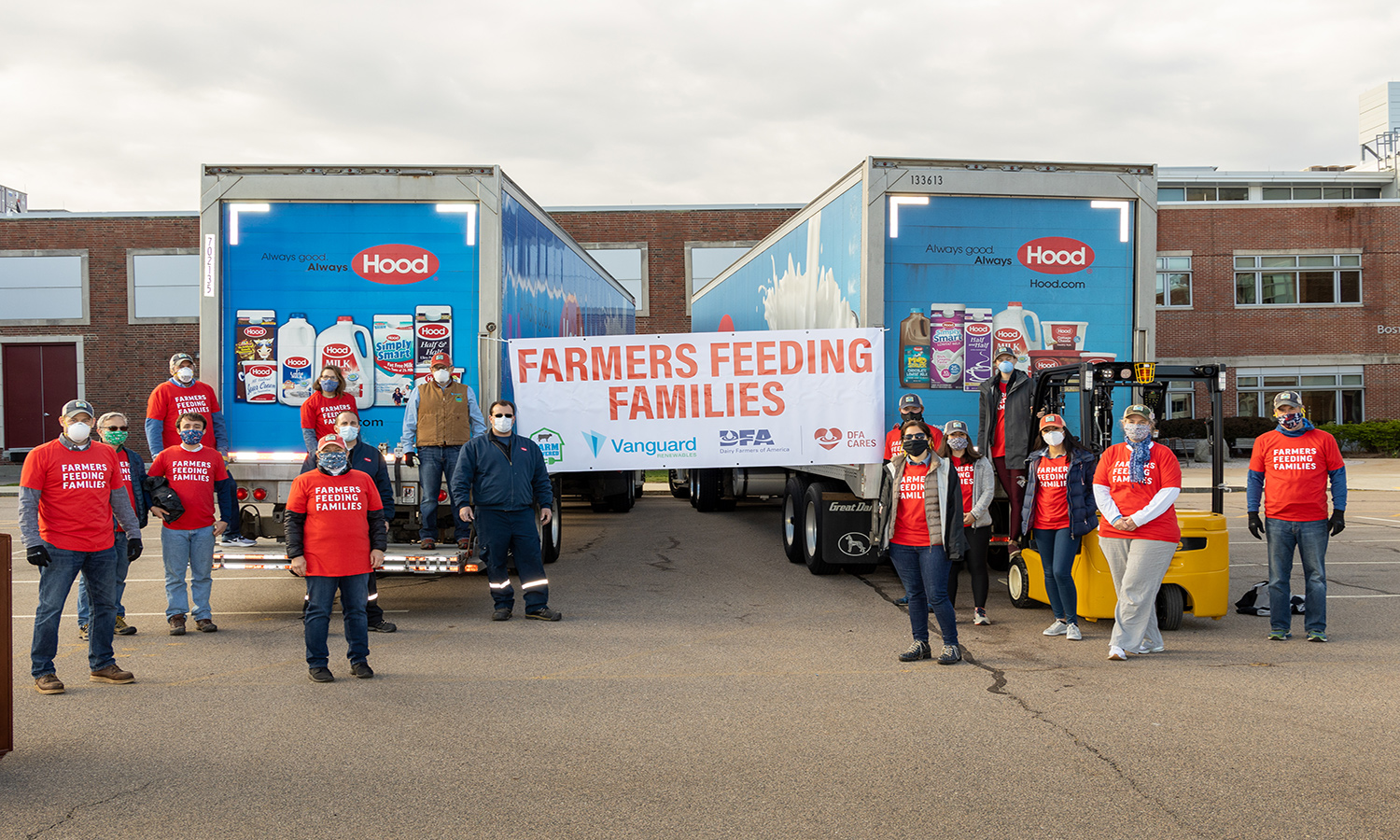 | Feeding Families in Need: Renewable Energy Companies Enter the Mix June 30, 2020—As U.S. food assistance programs grapple with overwhelming demand during the coronavirus pandemic, some in New England are finding support from unusual partners—renewable energy companies. Read more at Food Tank |
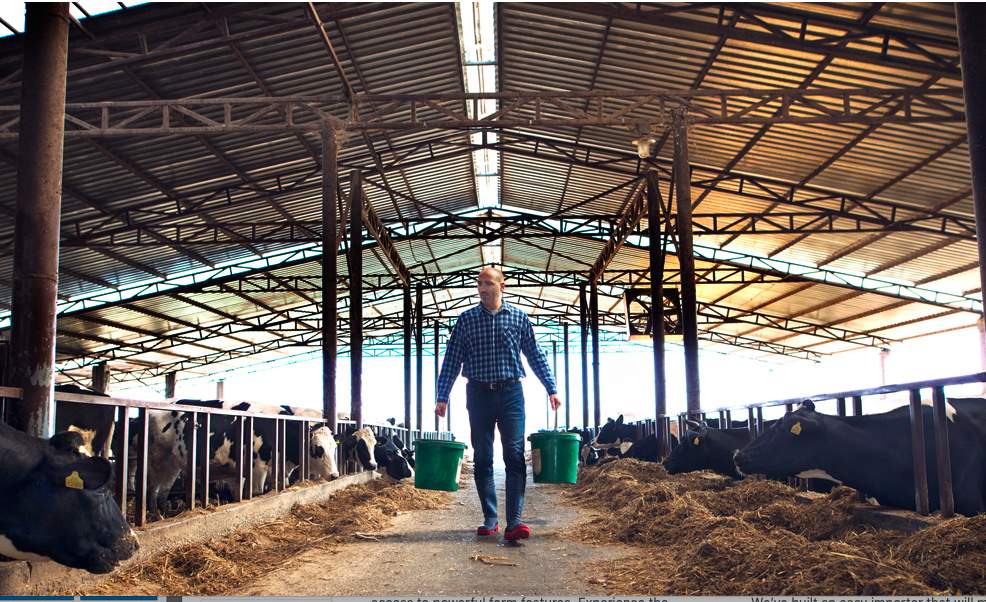 | To Avoid Dumping Milk, Dairy Farmers Find New Market at Vermont Food Banks May 27, 2020—In Vermont, and across New England, the dairy industry is coming together to support struggling farmers and hungry families. Read more at Civil Eats |
 | How Chelsea Mass. is Tackling Coronavirus April 22, 2020— A predominantly immigrant city, two-thirds Latinx, Chelsea faces a perfect storm of front-line workers, long-standing health and economic disparities, crowded living conditions and legacy environmental pollution. Read more at Next City |
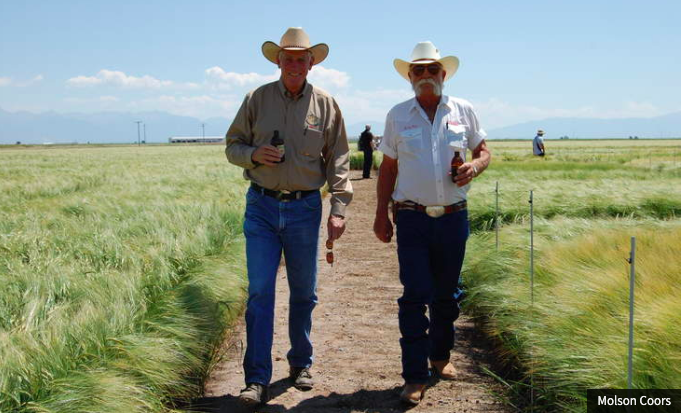 | Farmers are reaping the love of Campbell, Kellogg, Stonyfield and Molson Coors August 26, 2019 — Food and beverage companies are stepping up their work with farmers to achieve corporate sustainability goals and build climate resilience. They're making public goals actionable and trying to figure out how to influence and support farmers to deliver against those goals. Read more at Greenbiz |
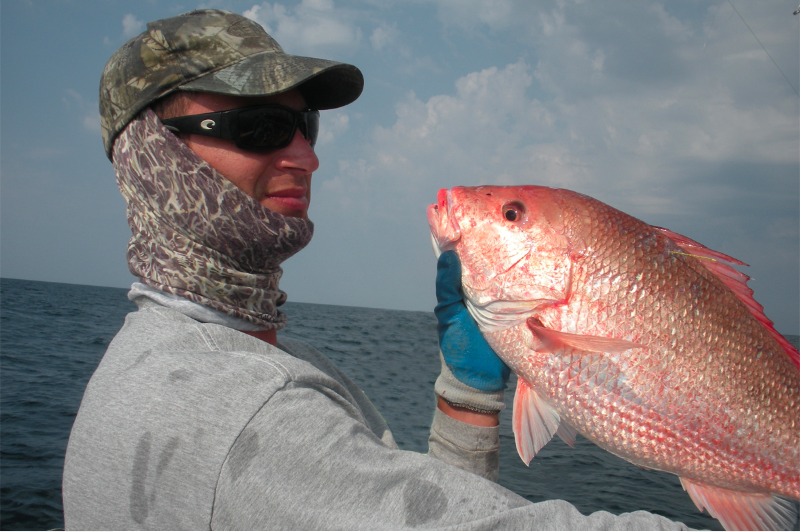 | Sustainable Fisheries Management in the Legislative Crosshairs January 9 , 2019—An 11th-hour attempt to weaken the country's fishery protections has been averted—for now. Read more at Civil Eats |